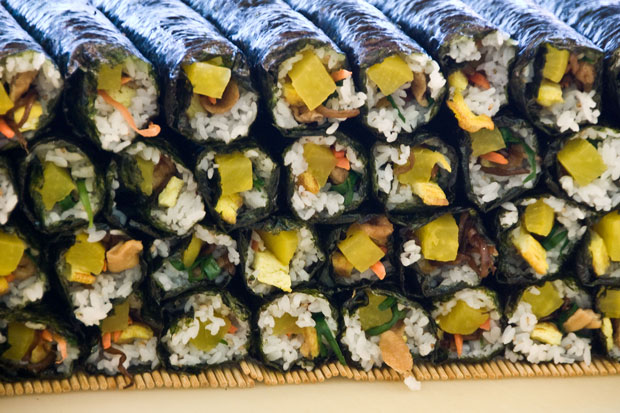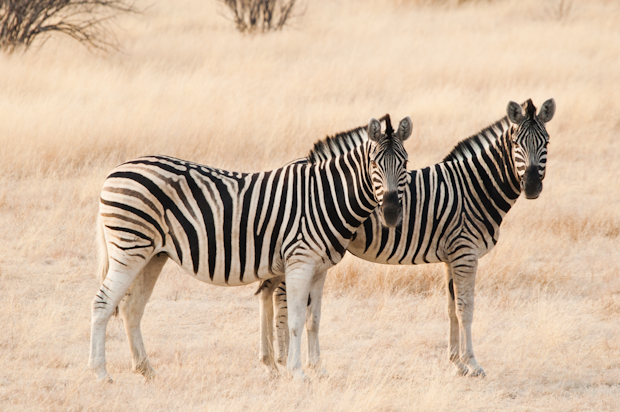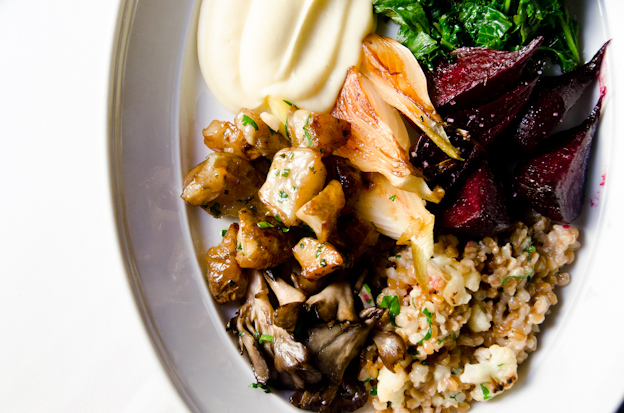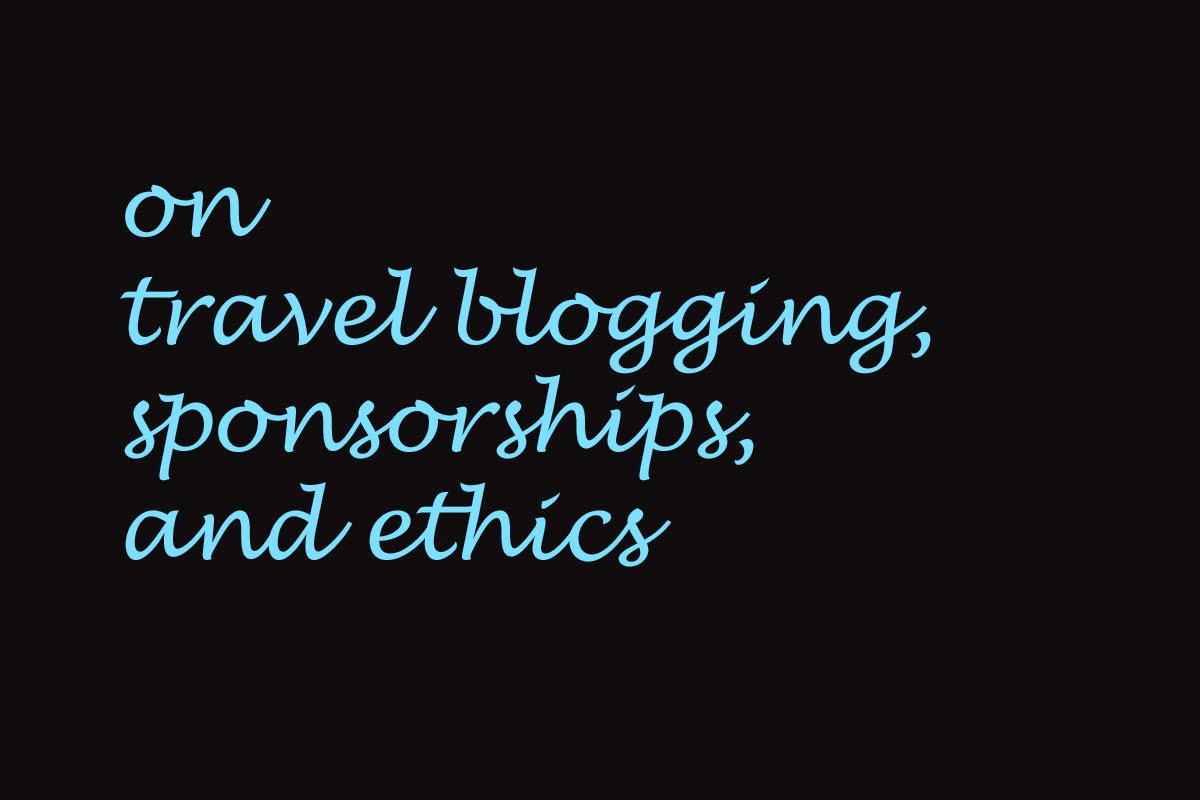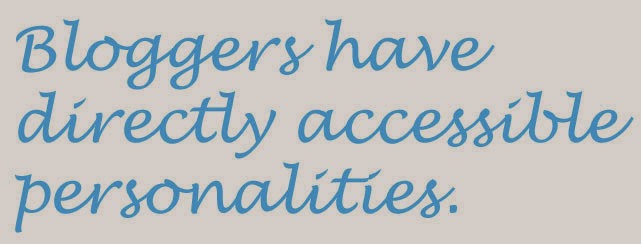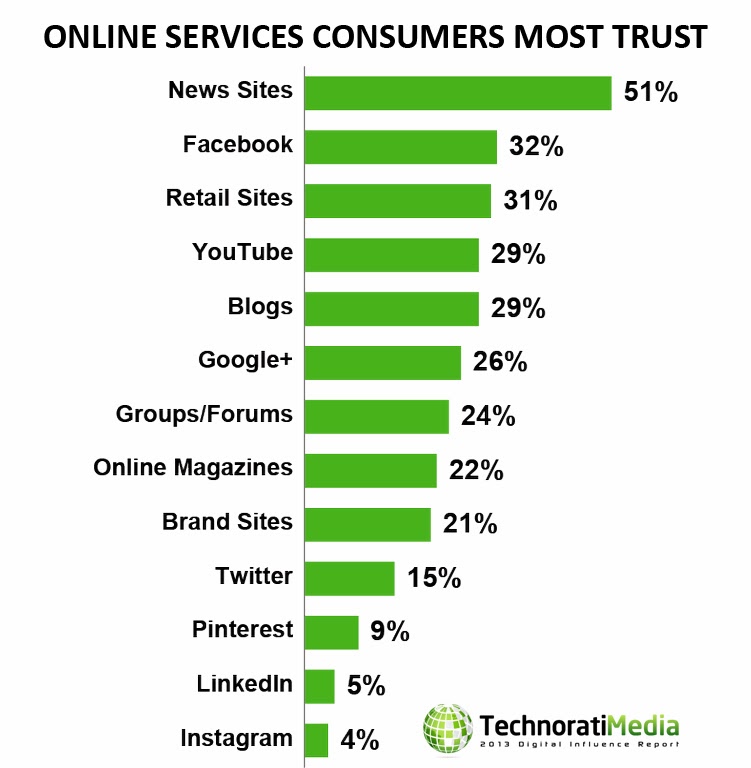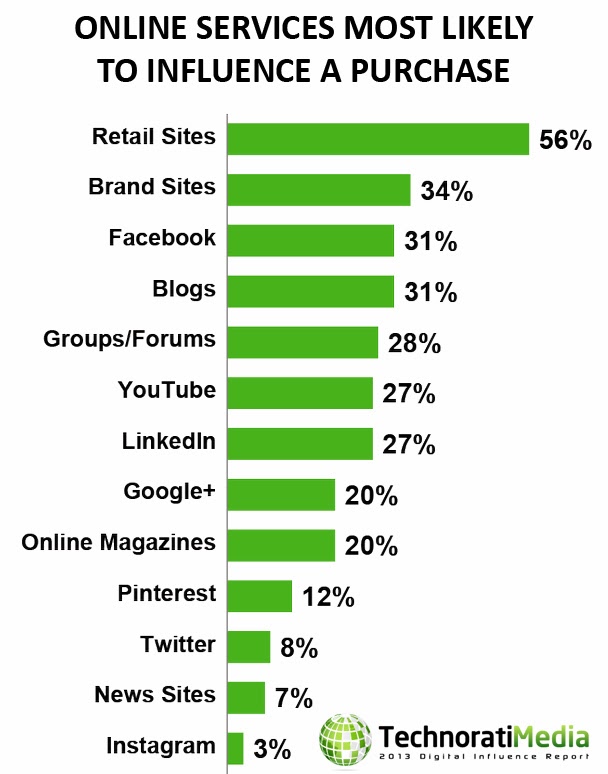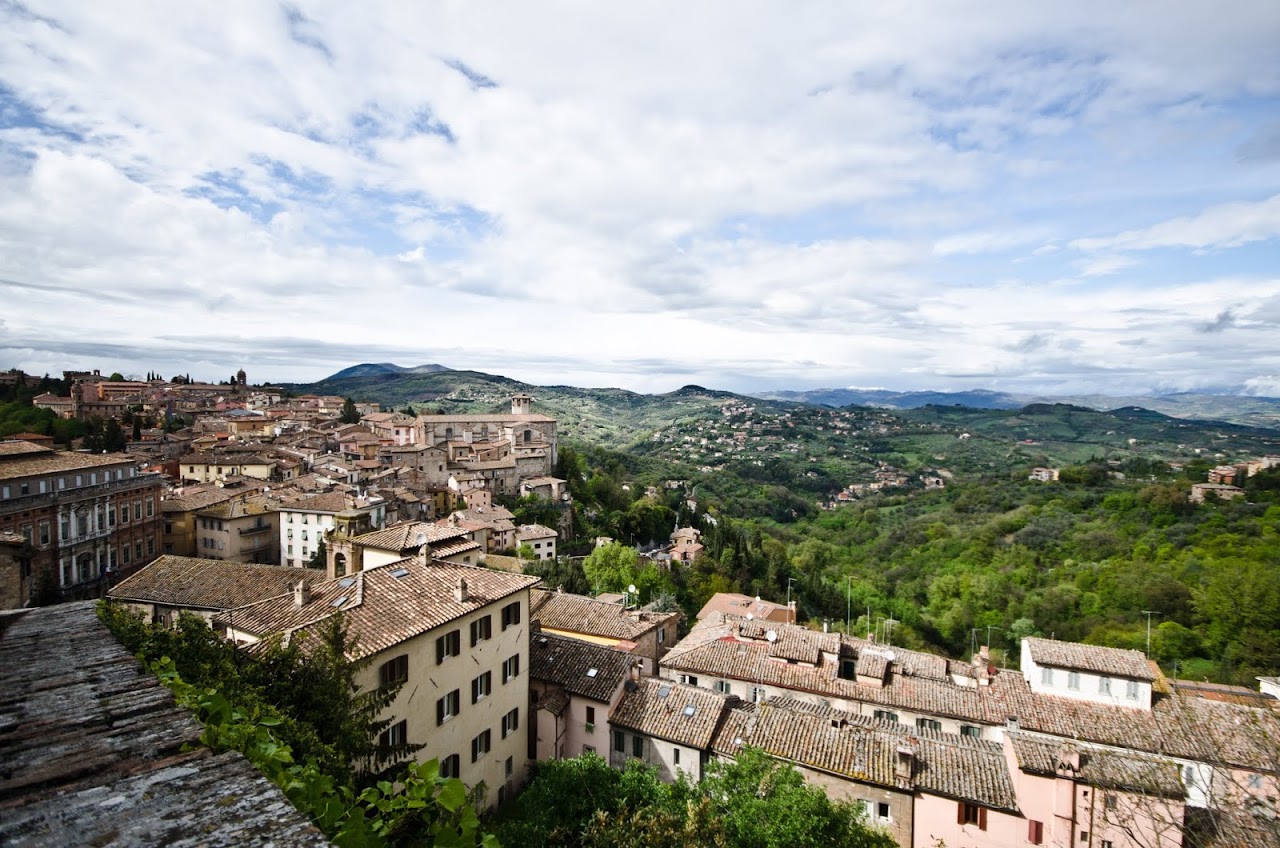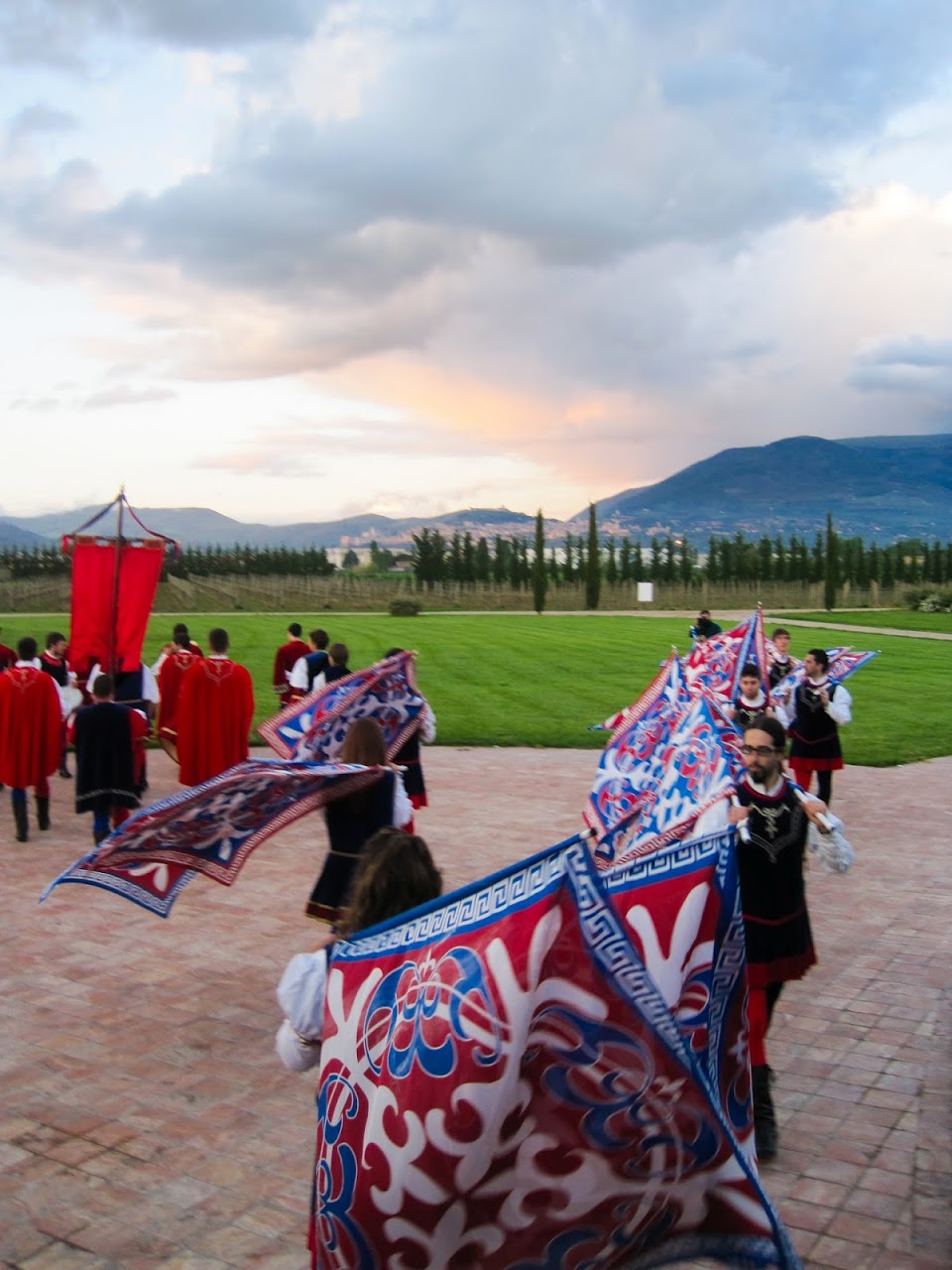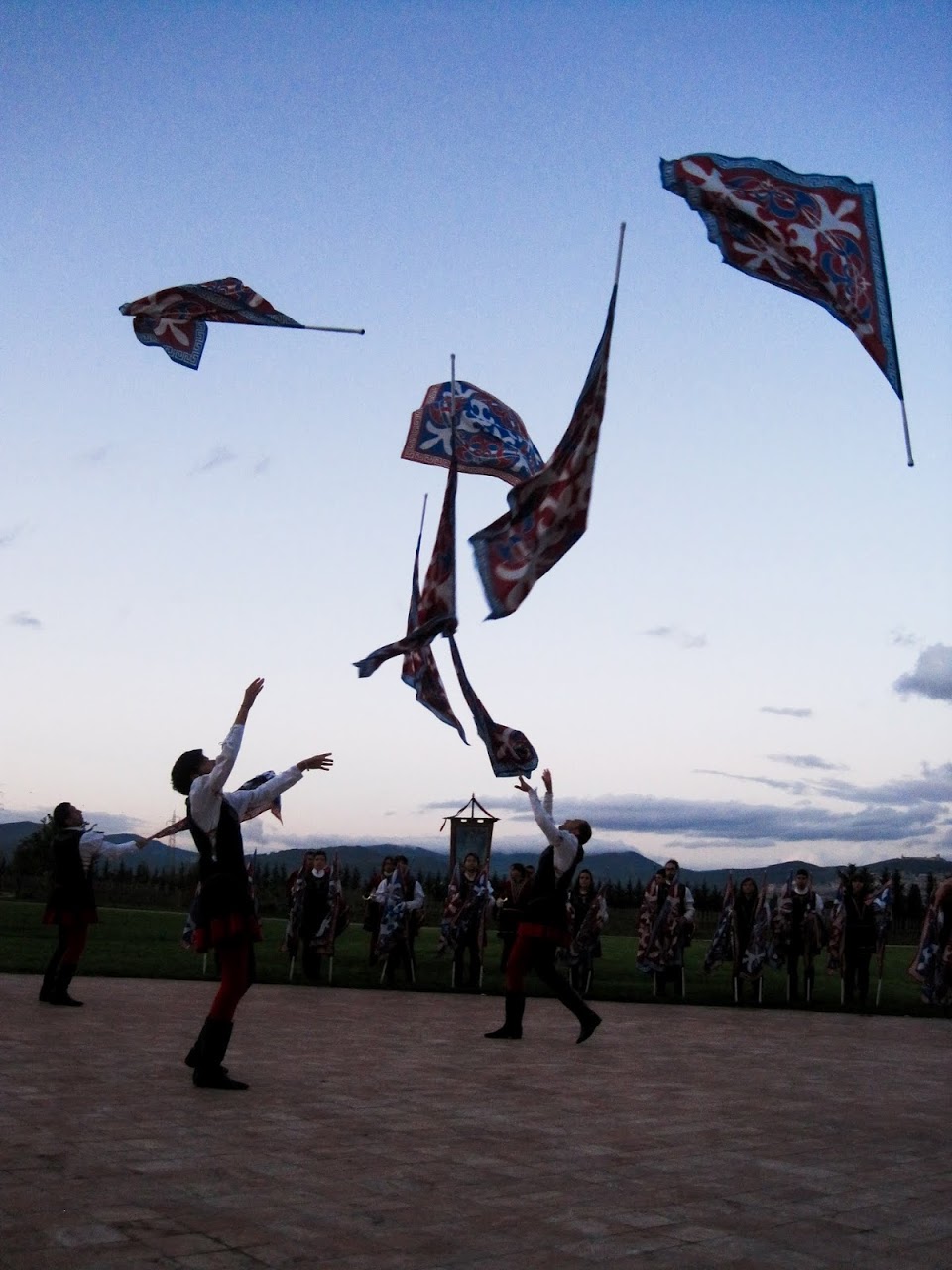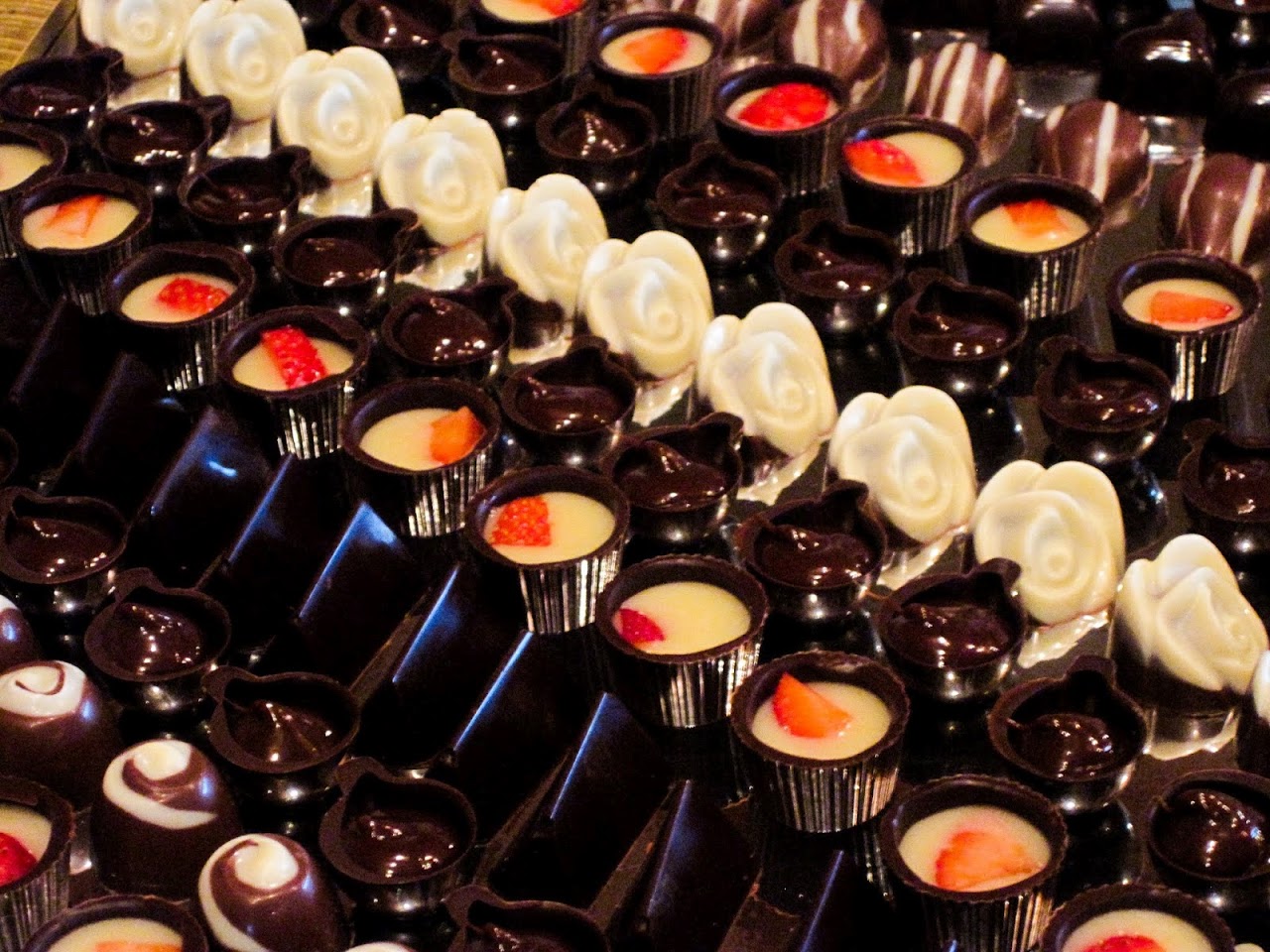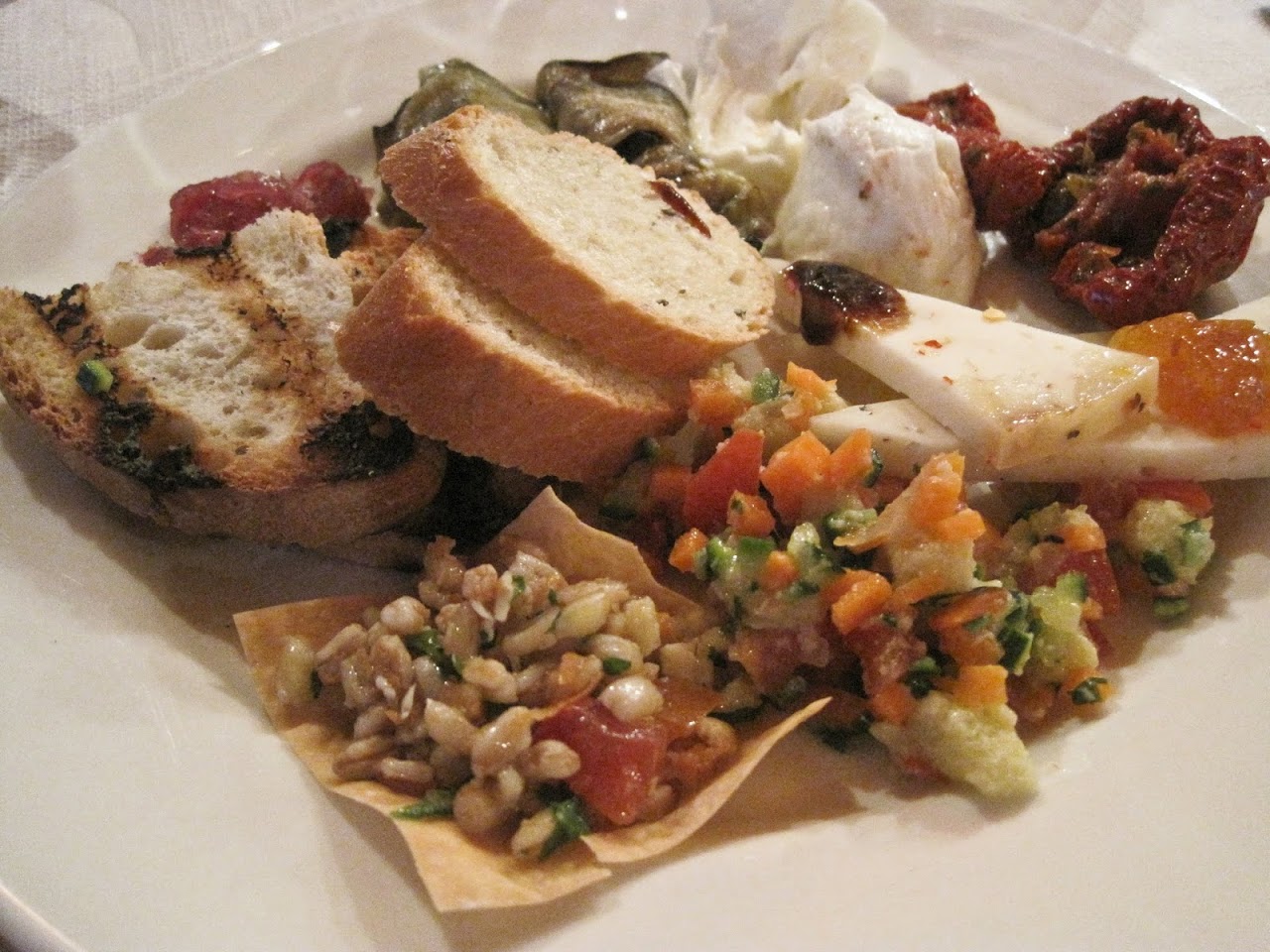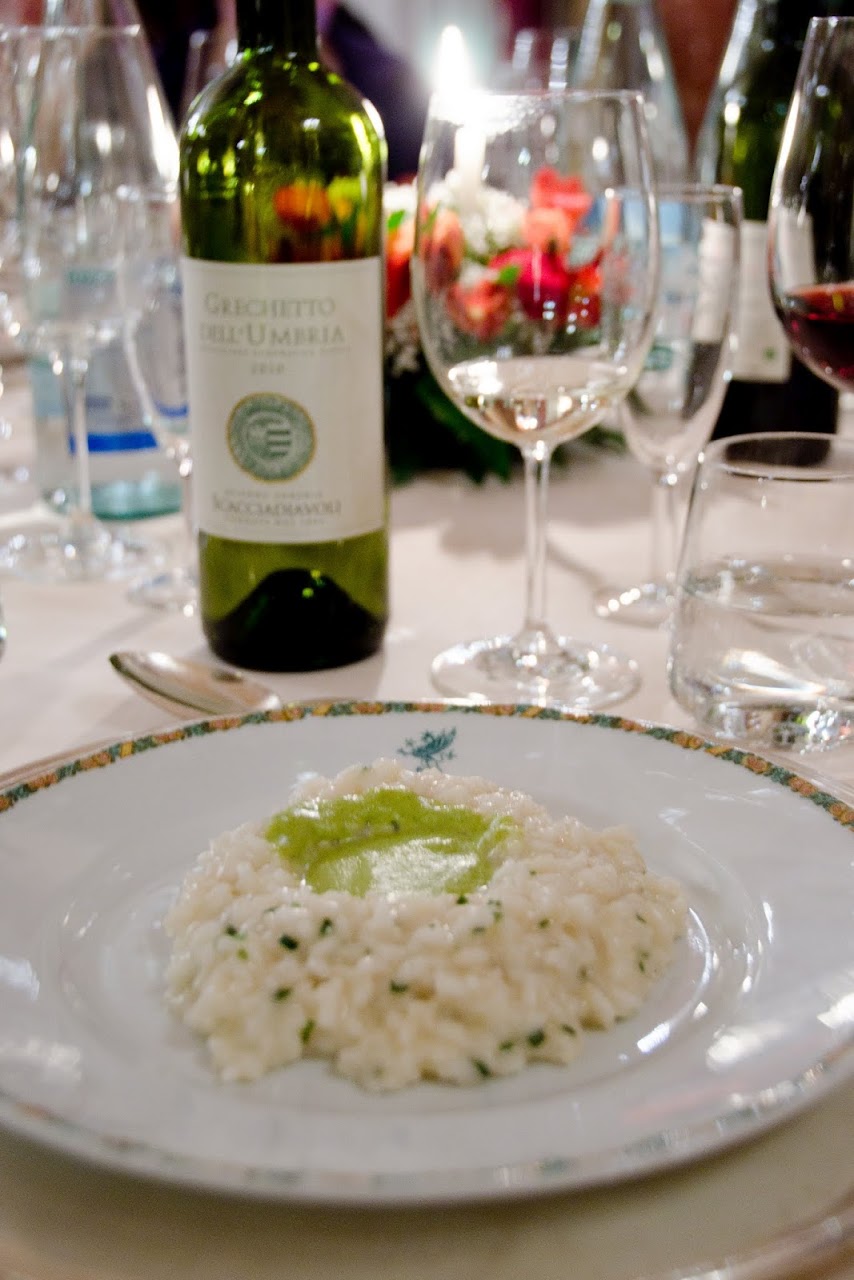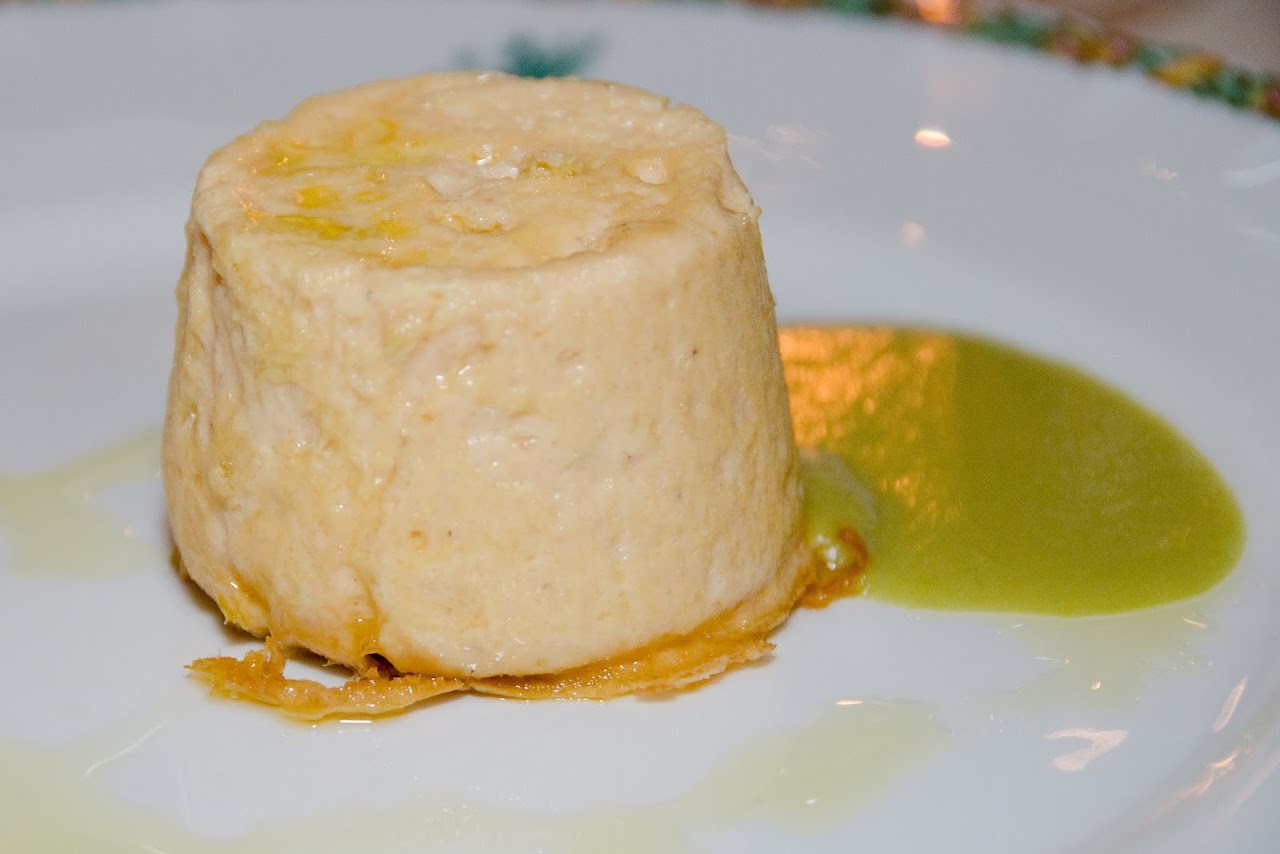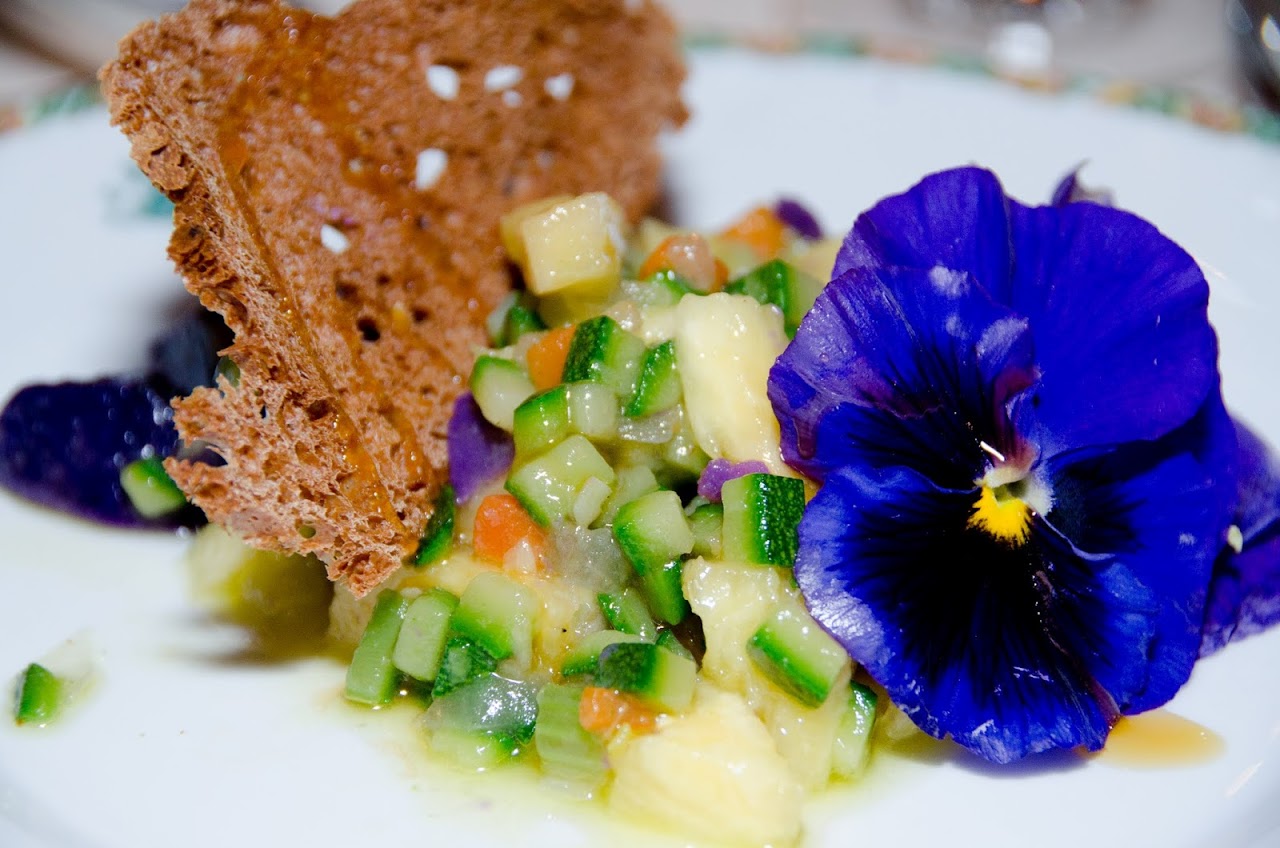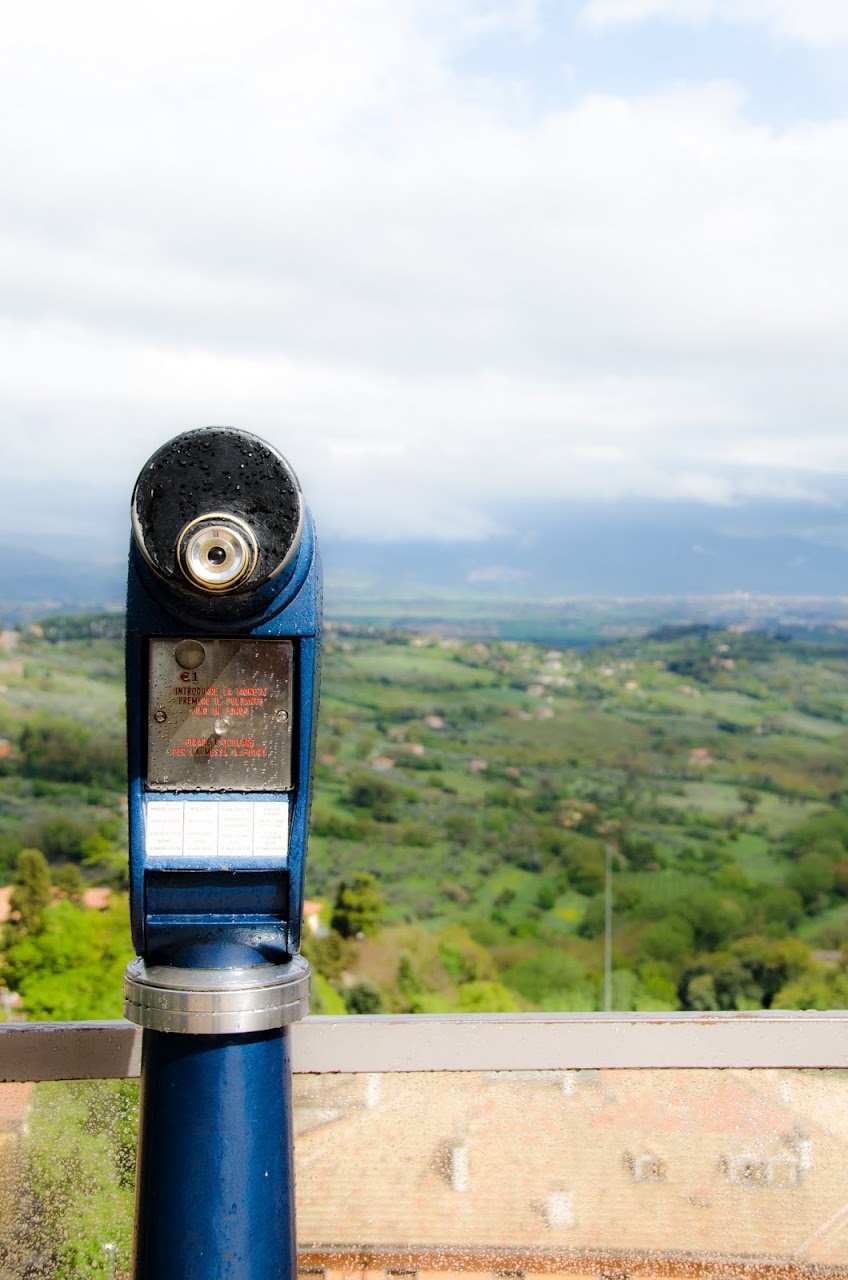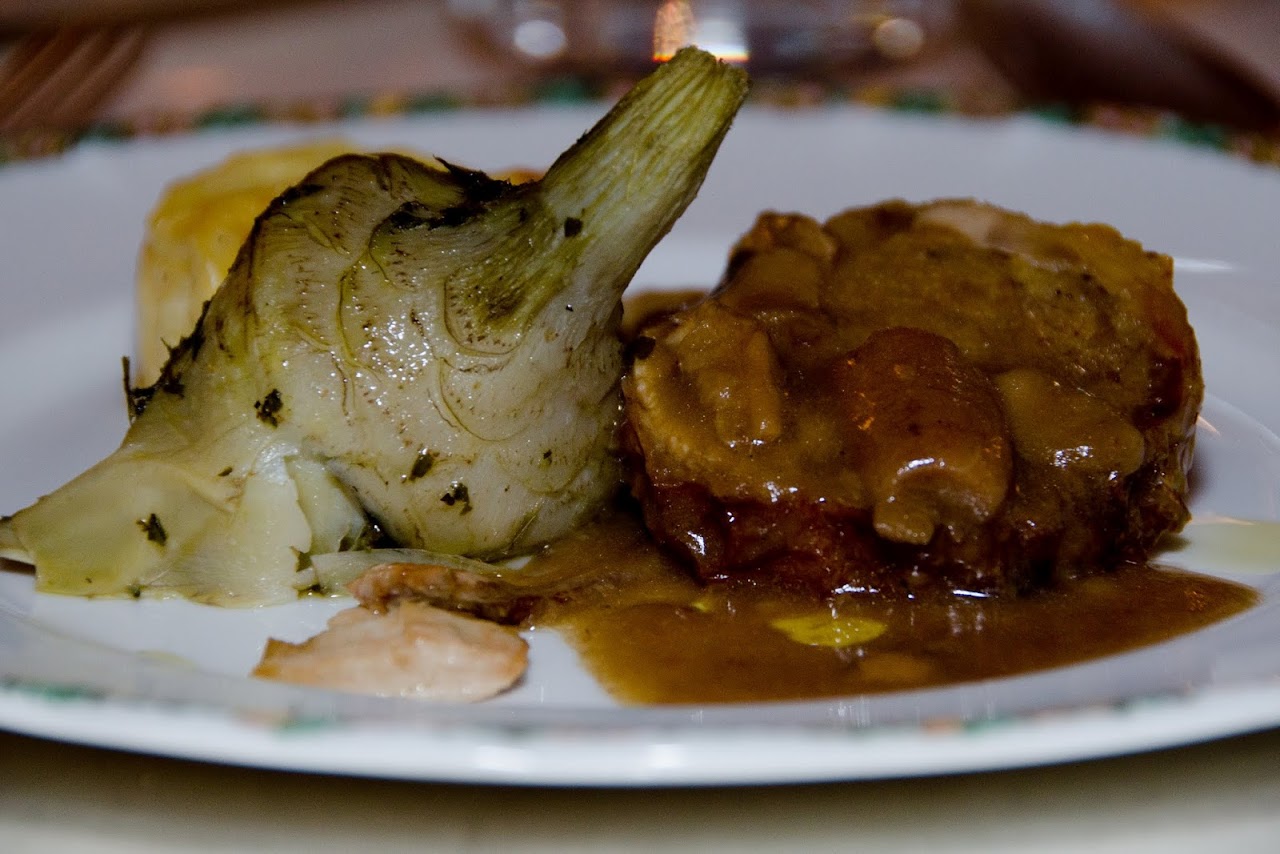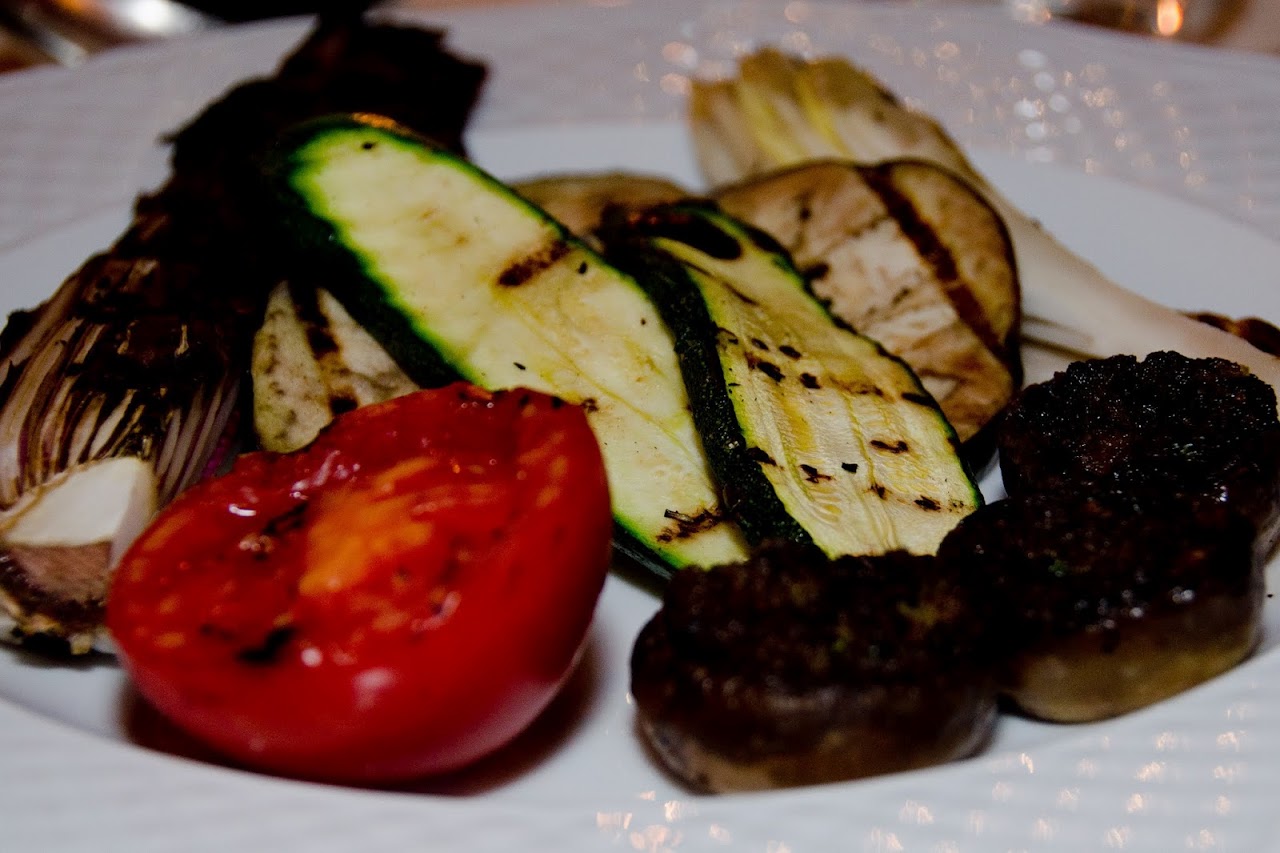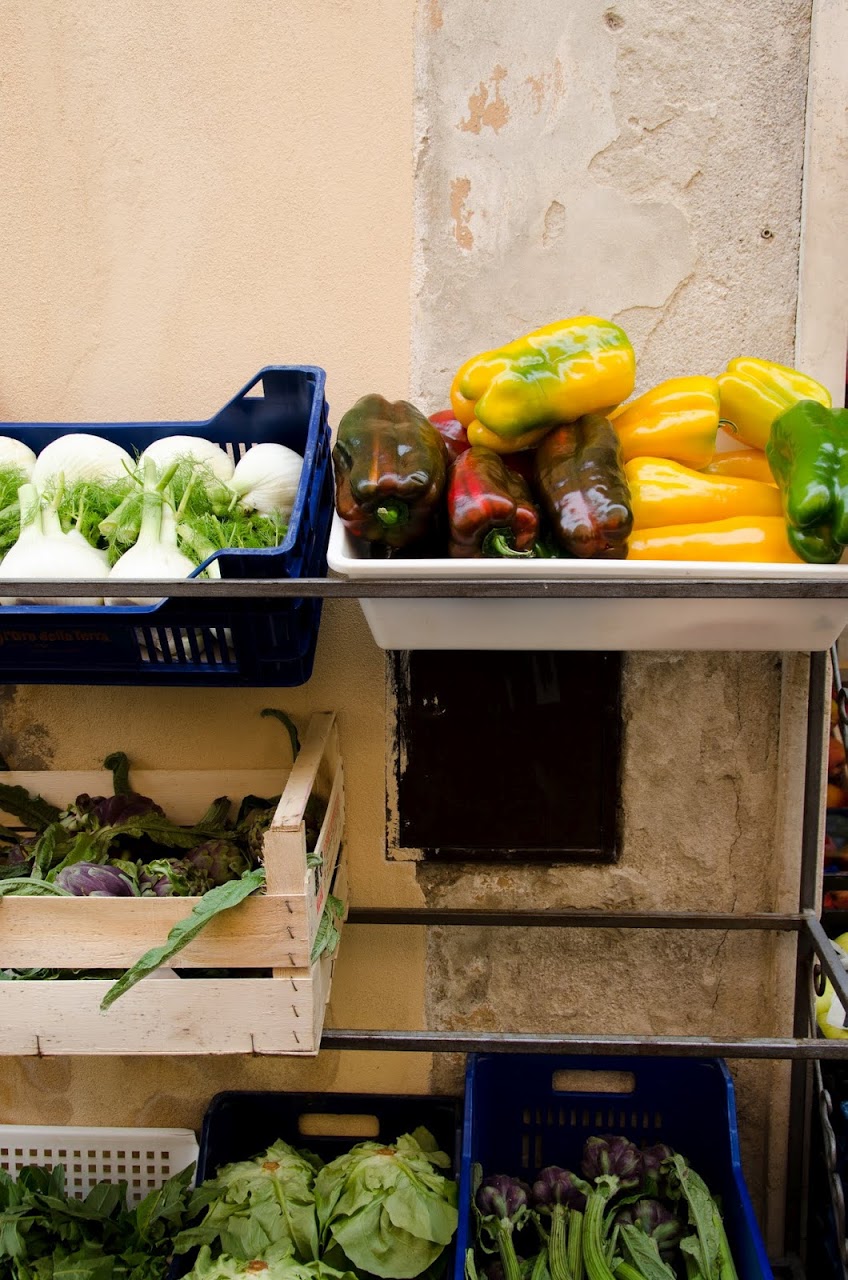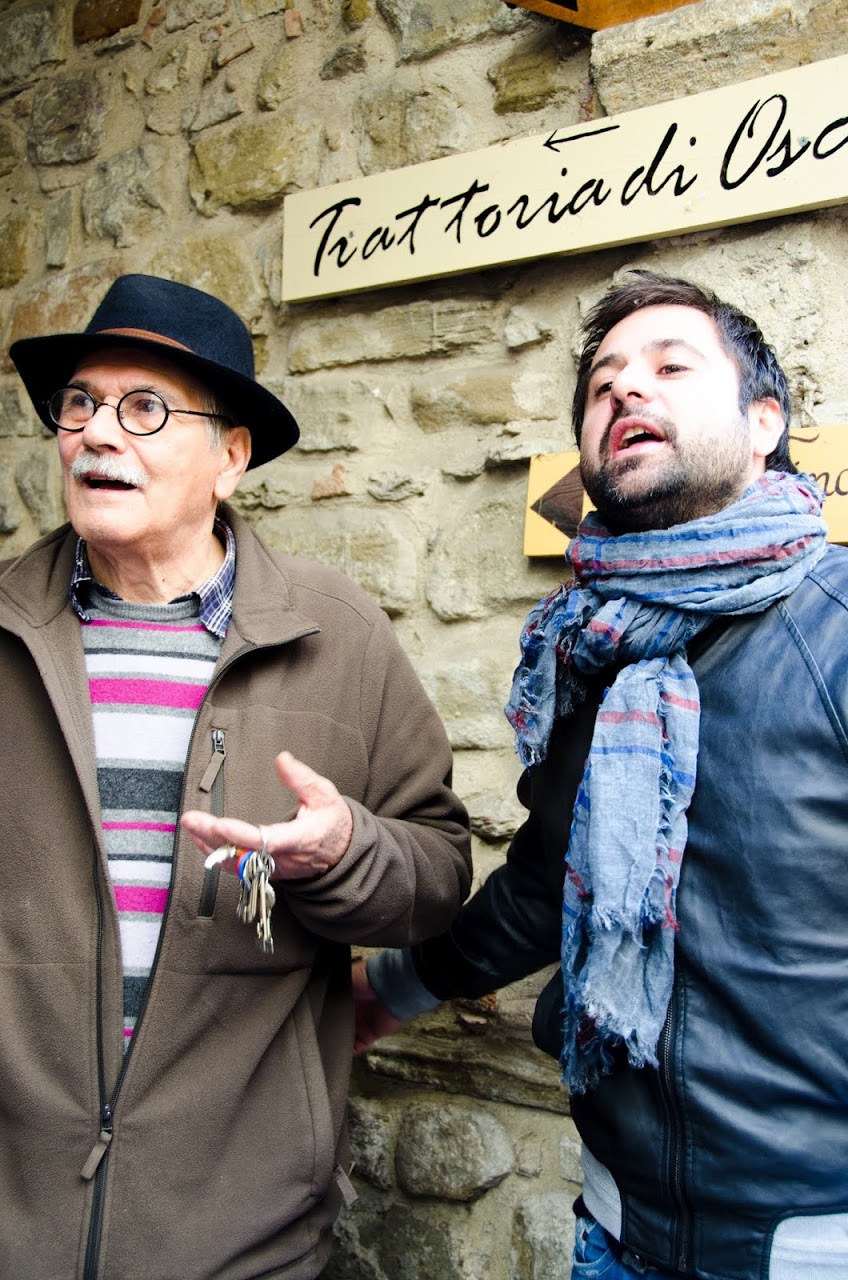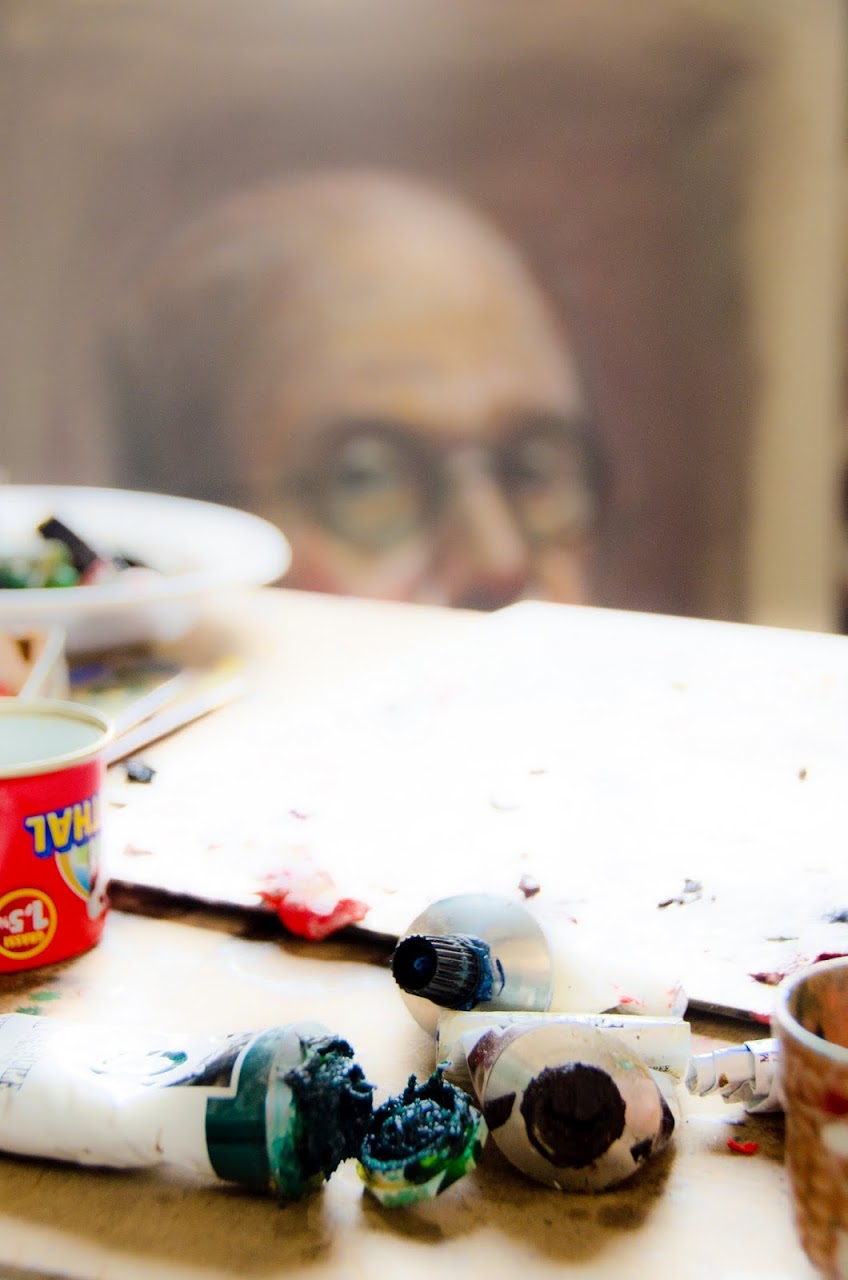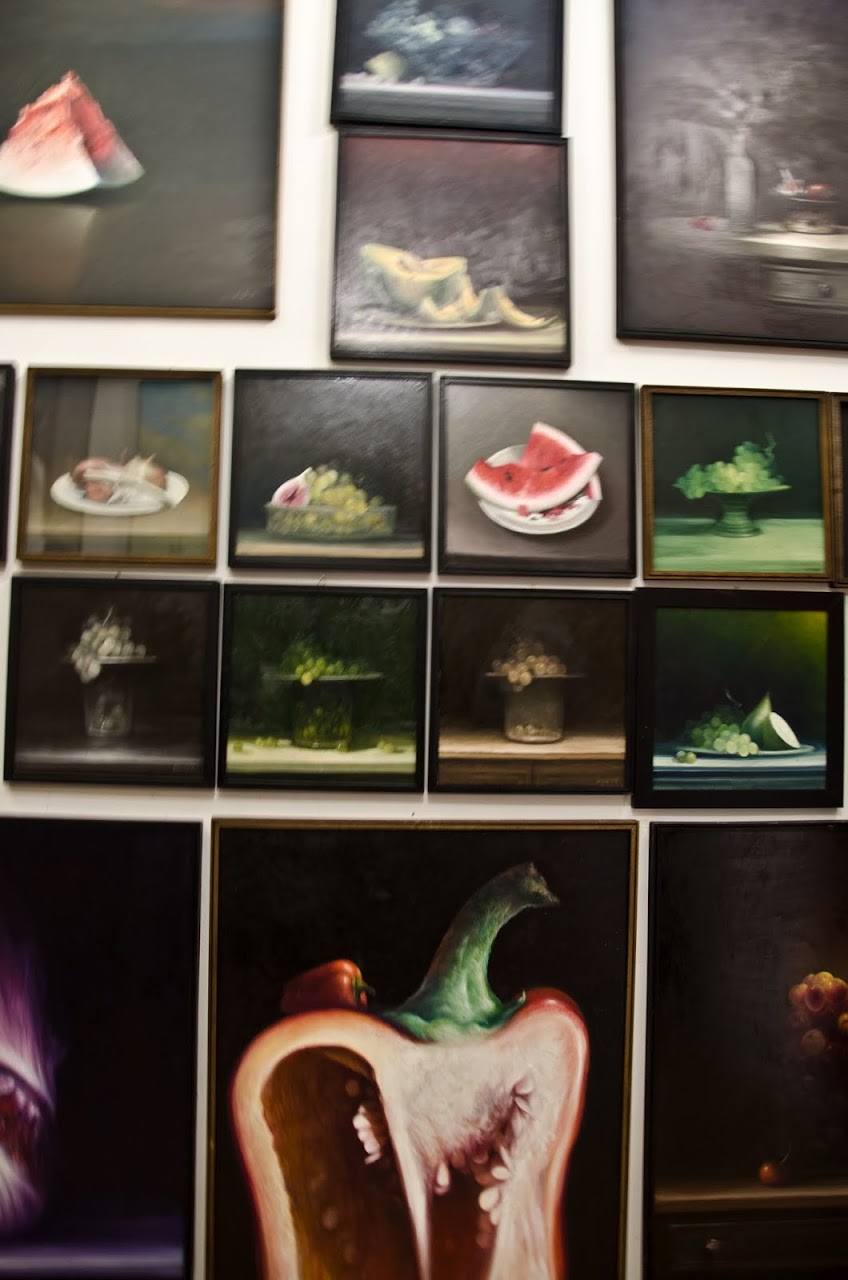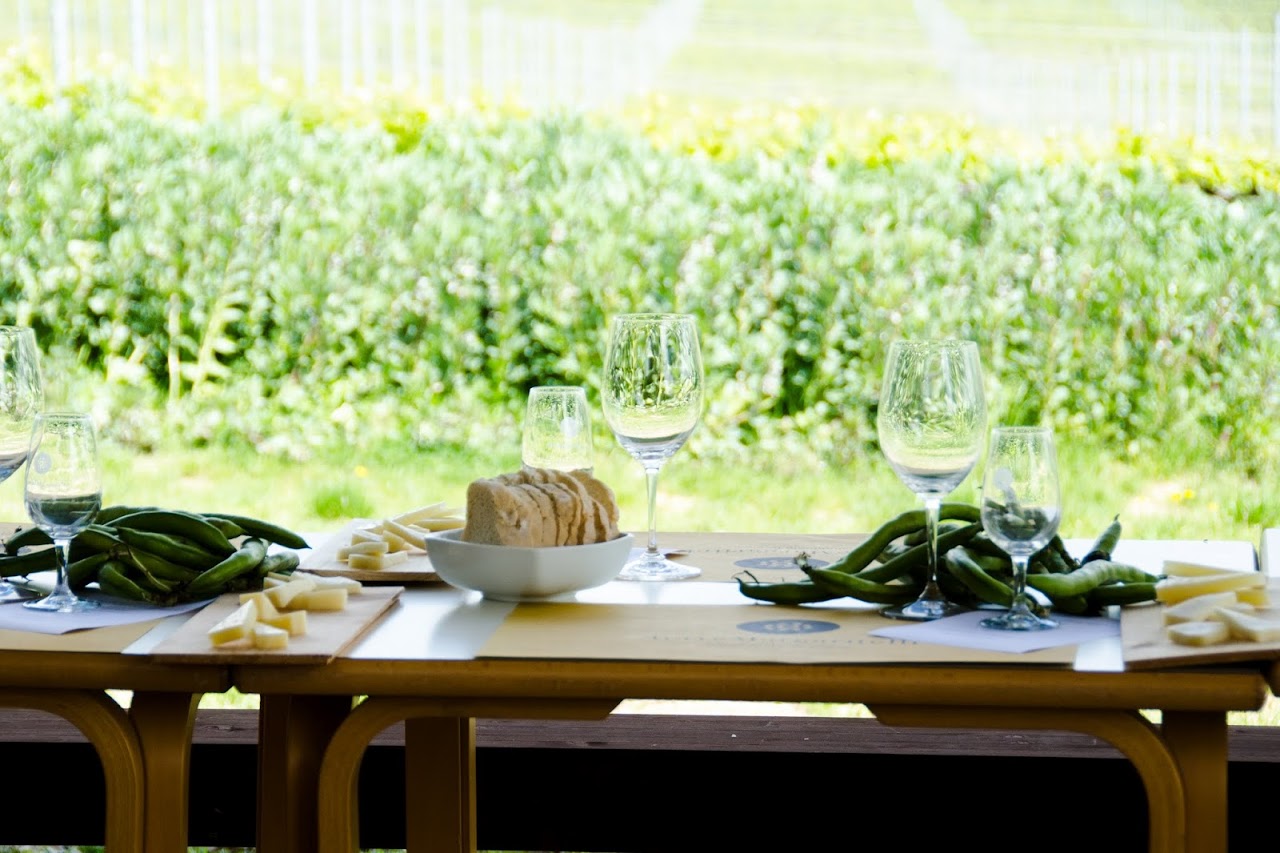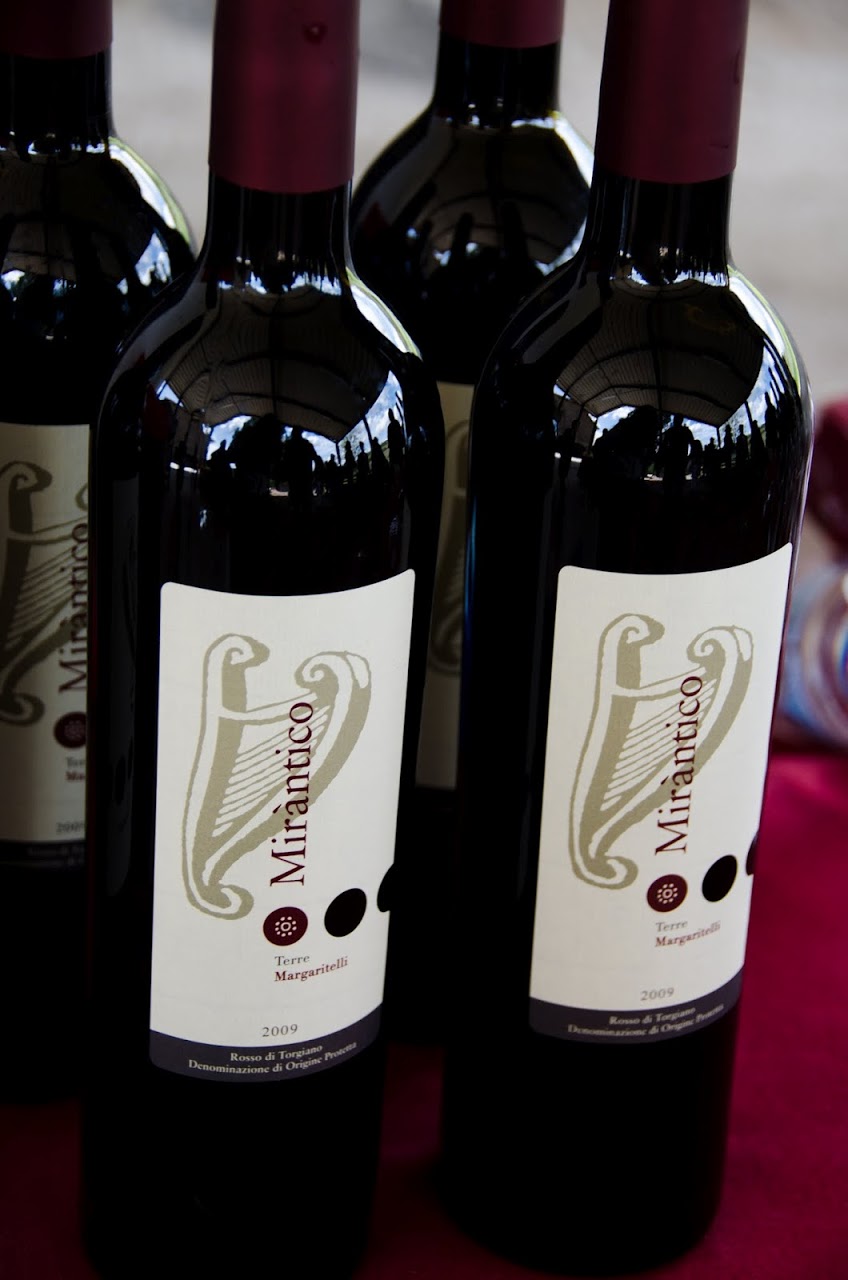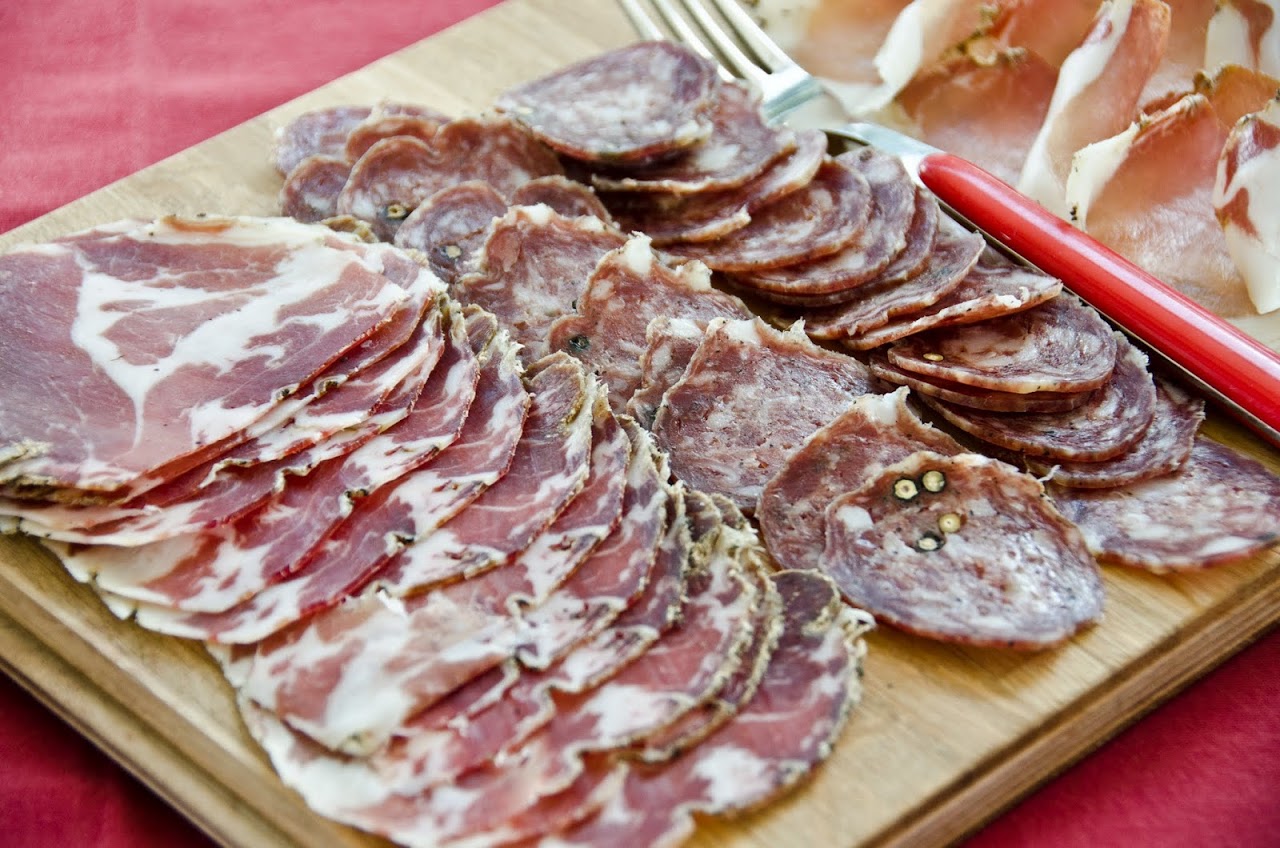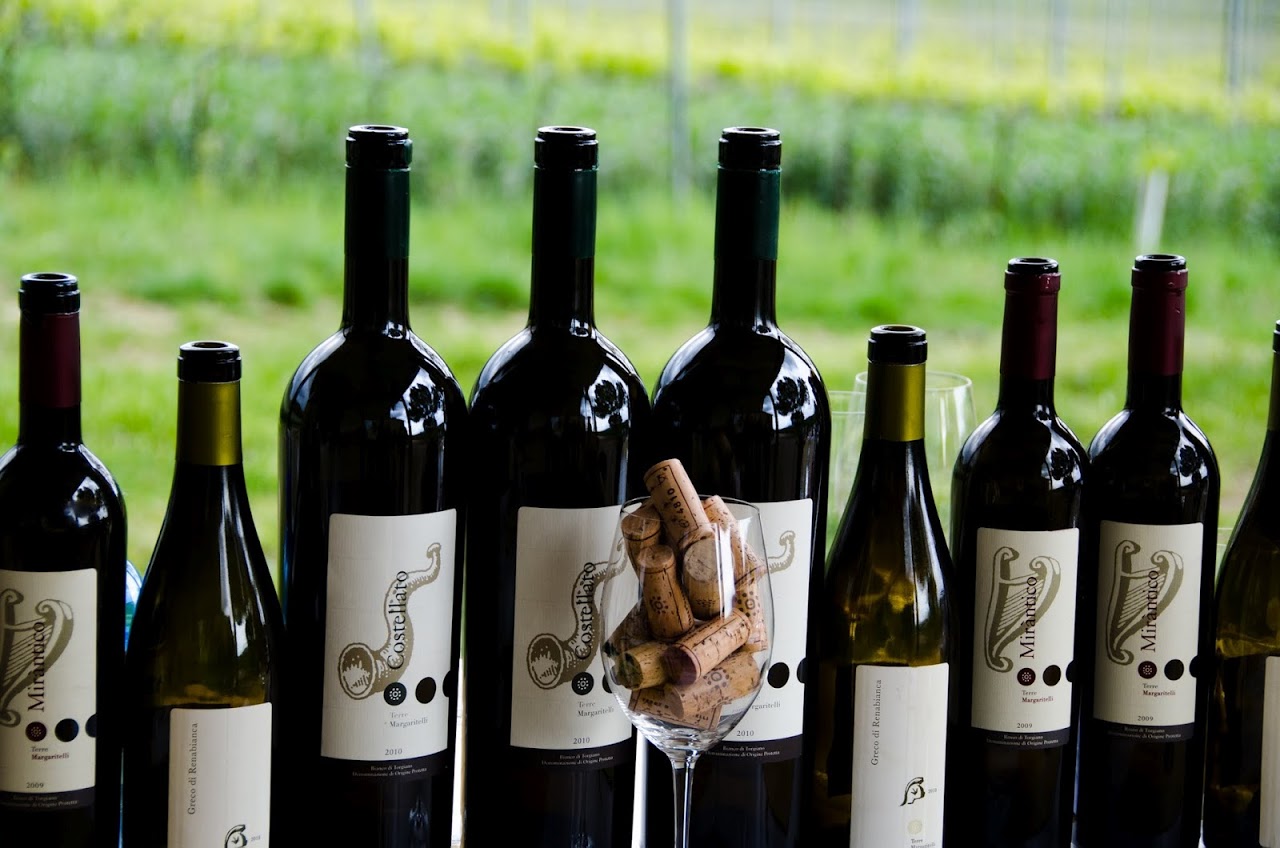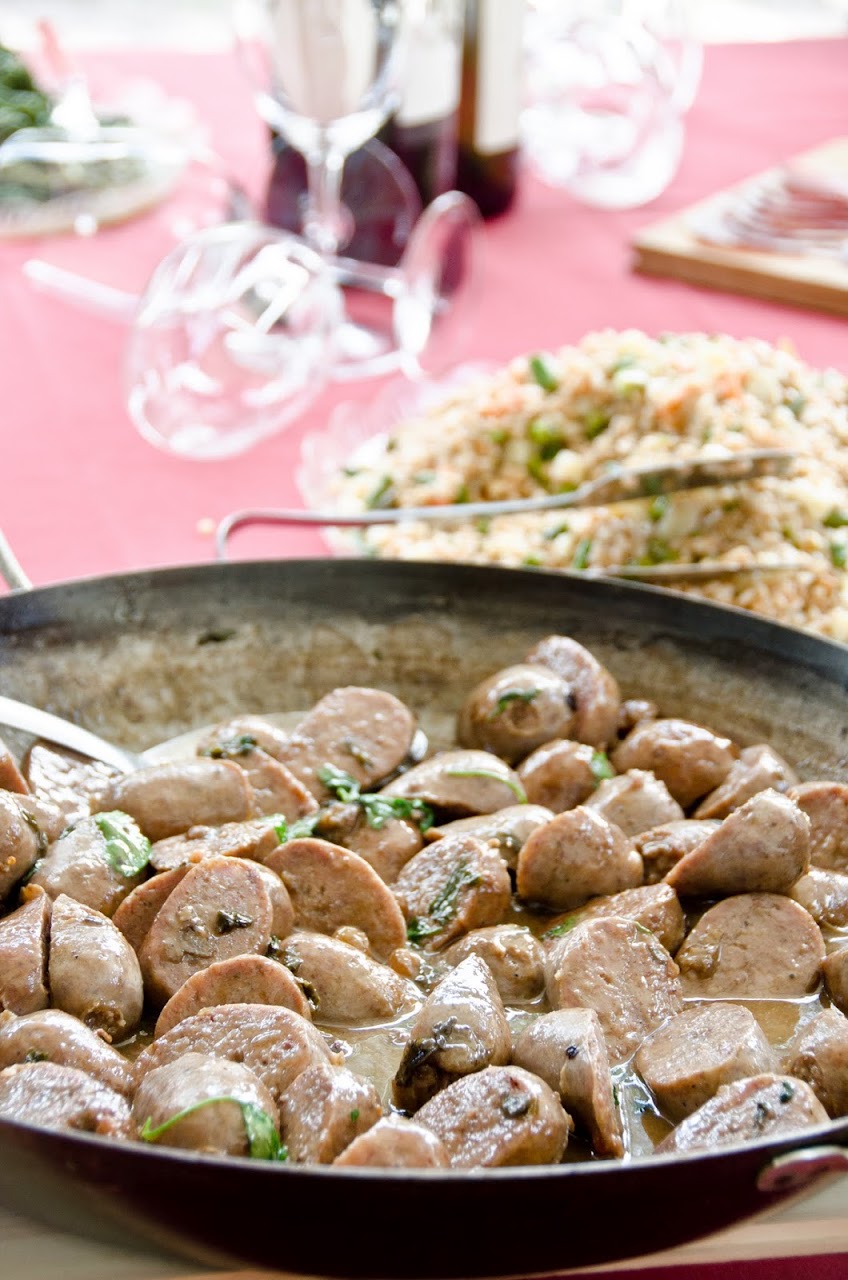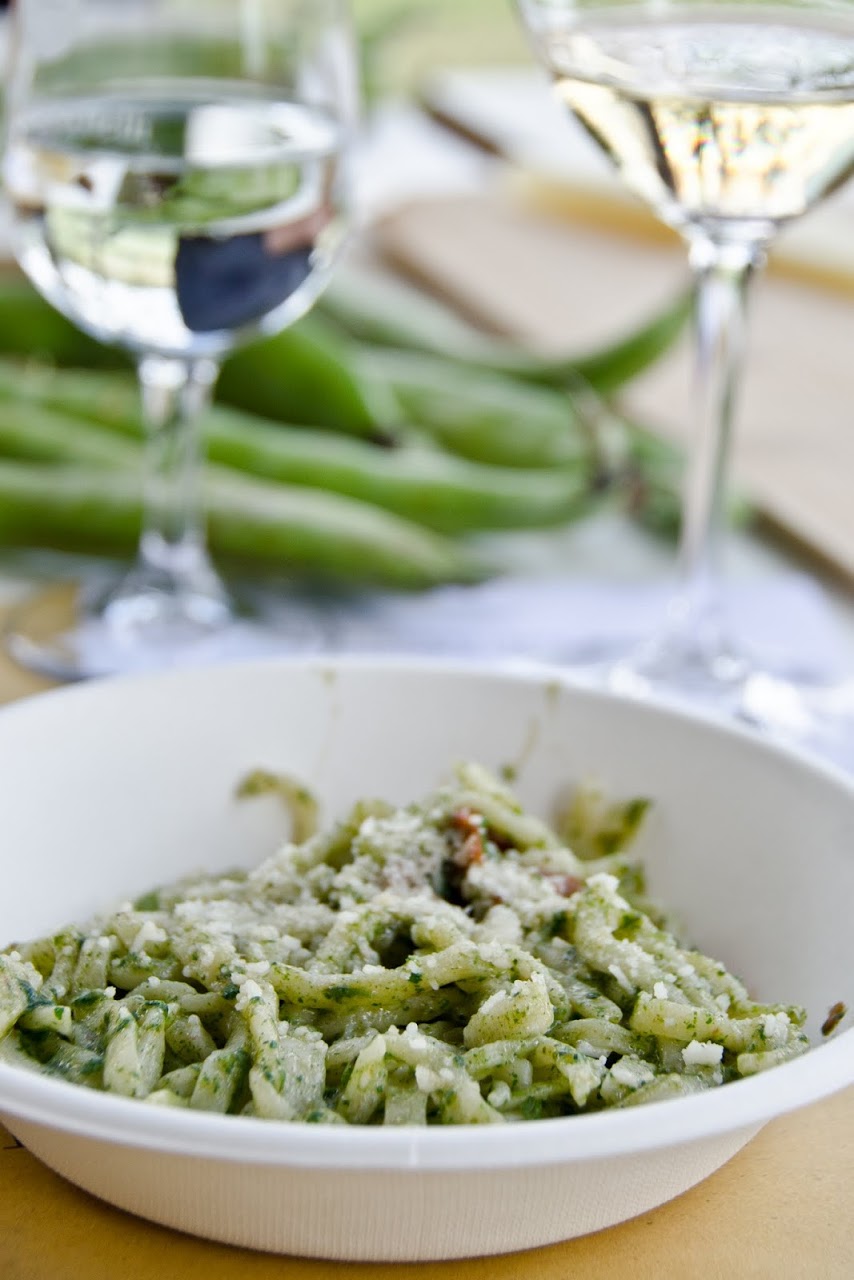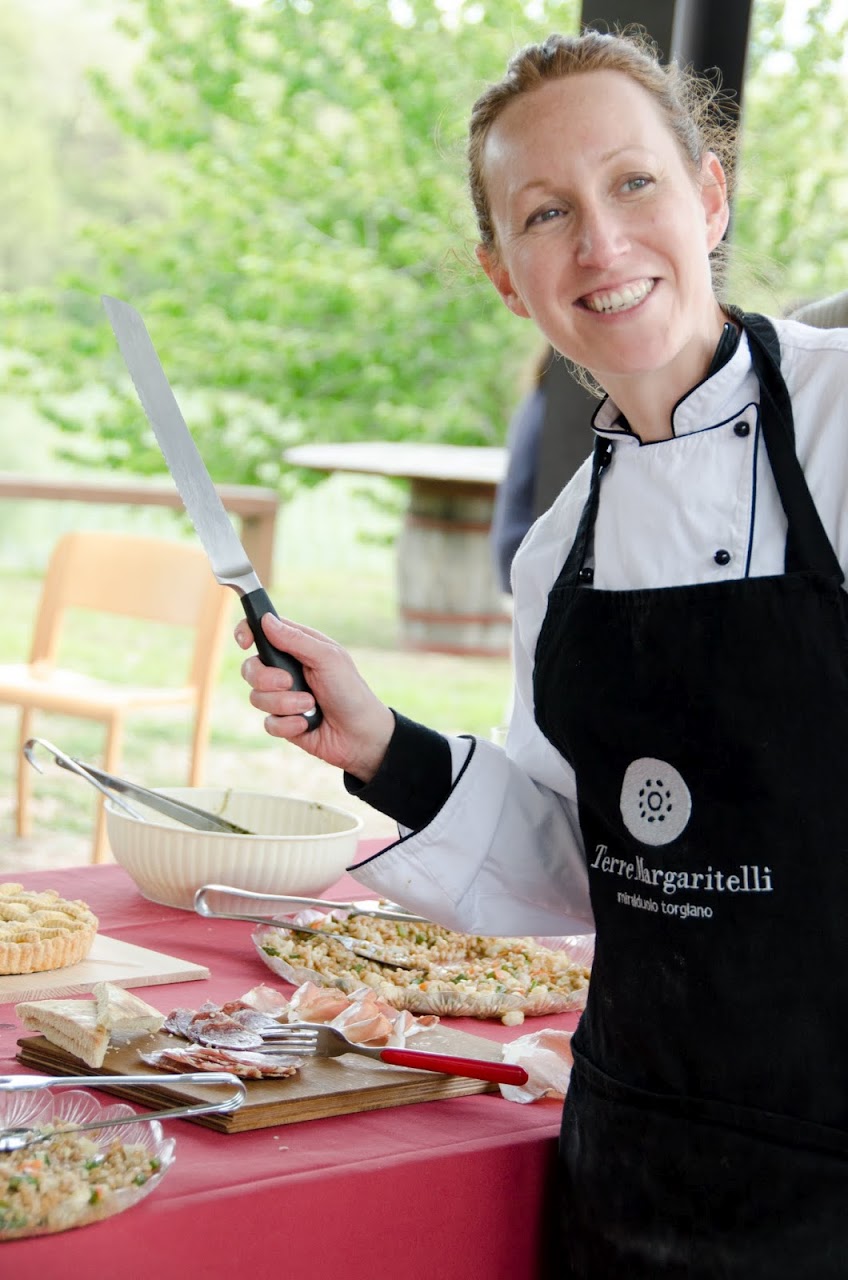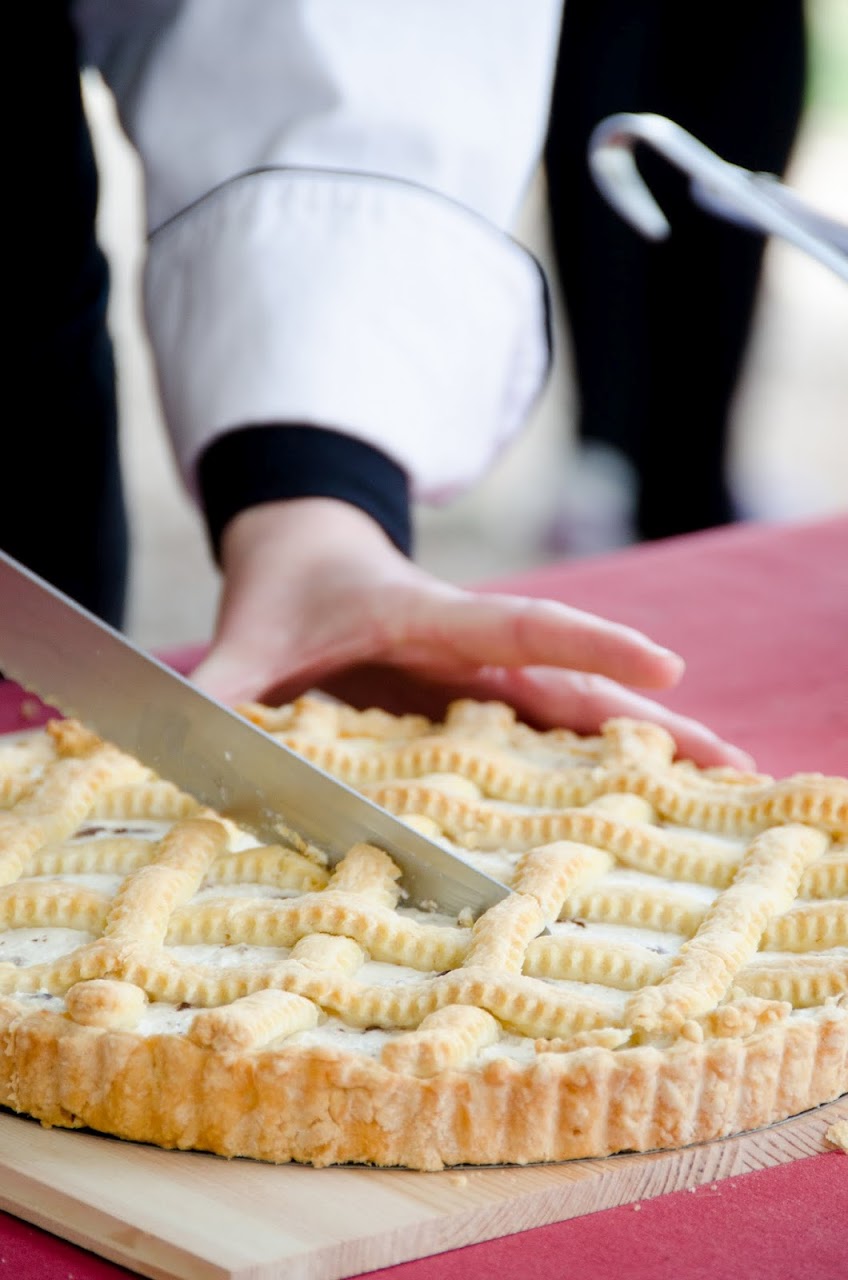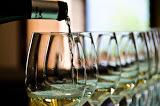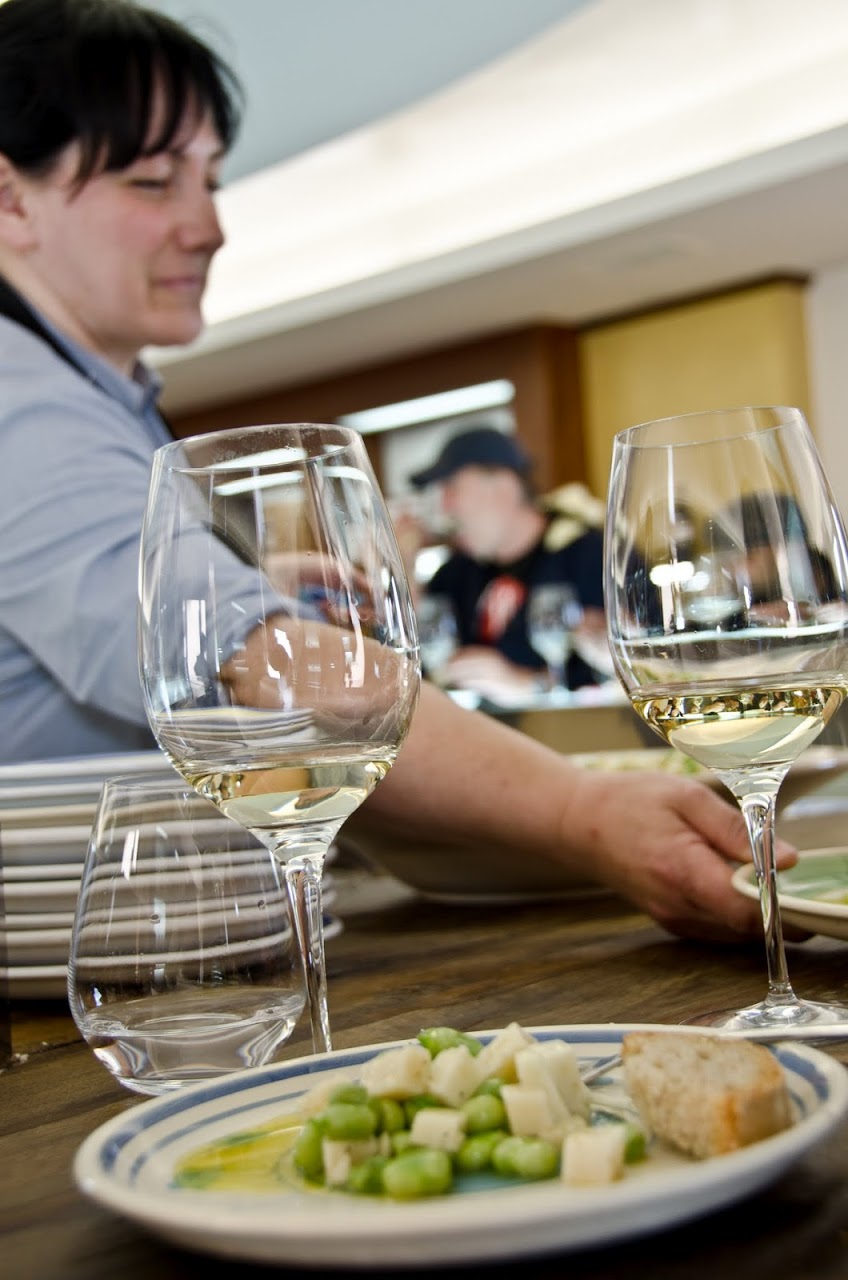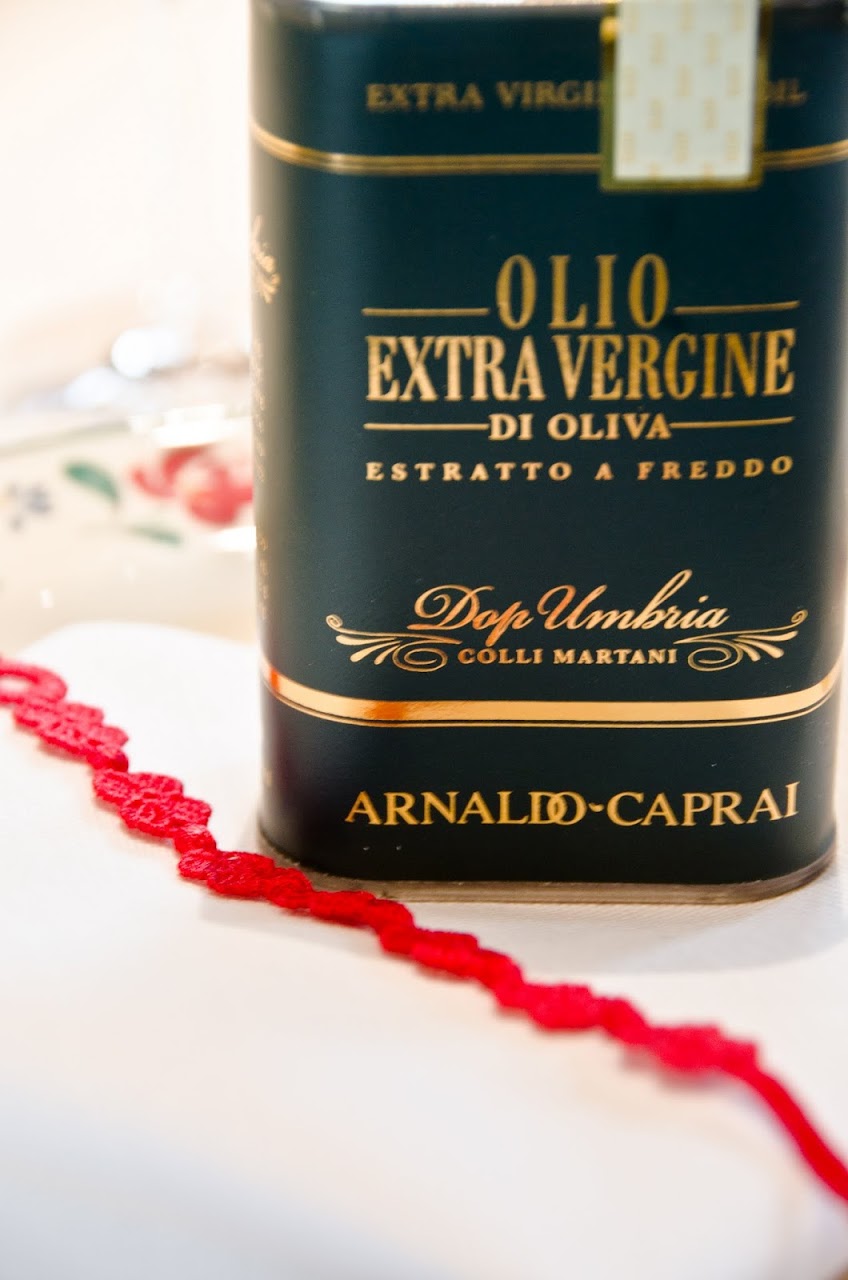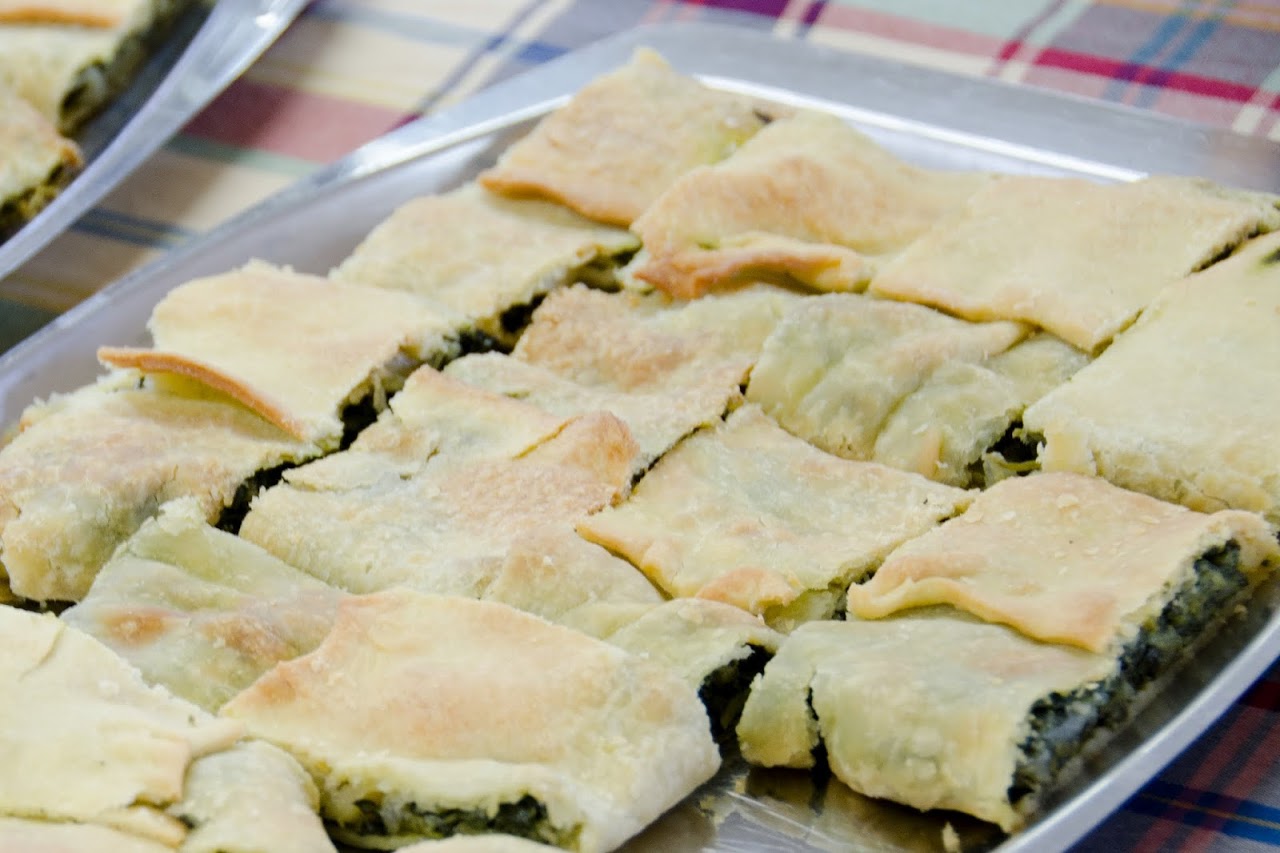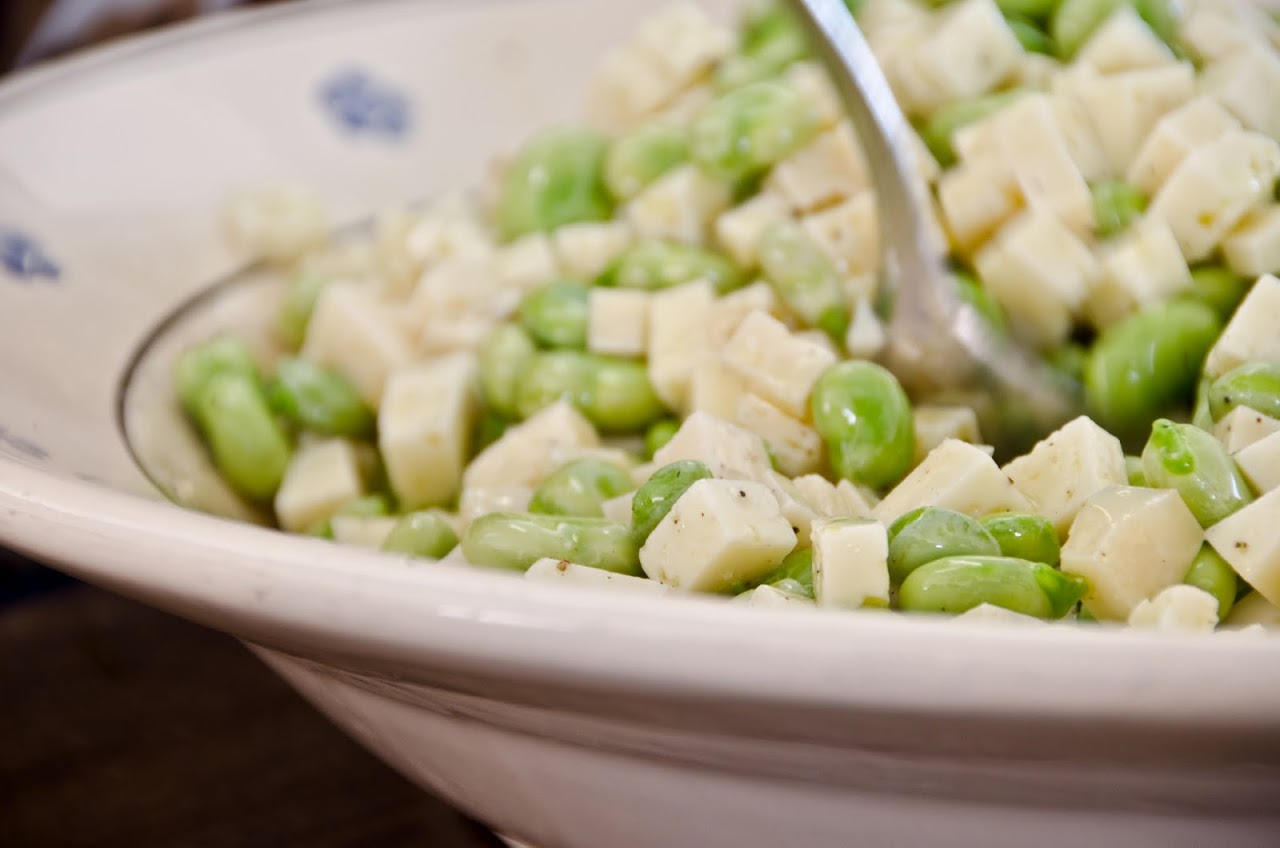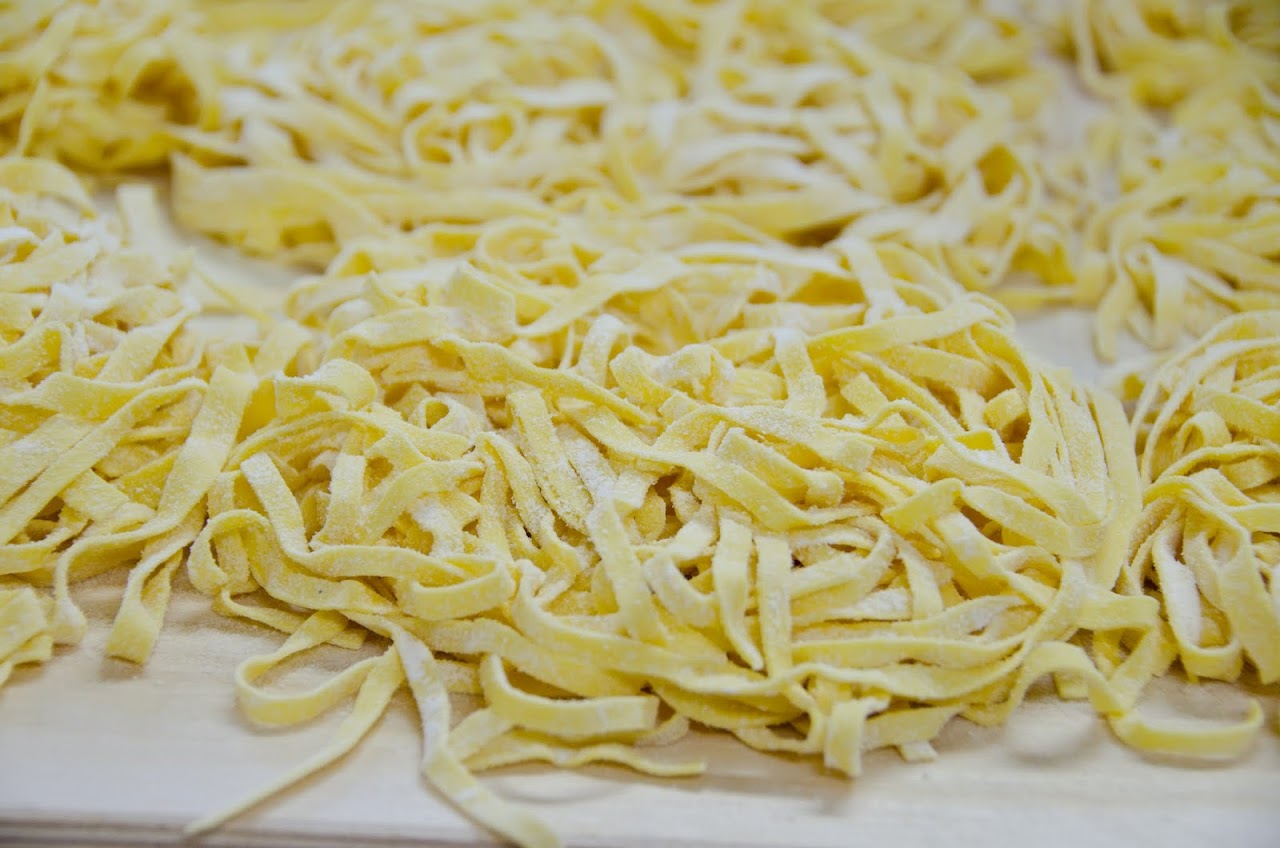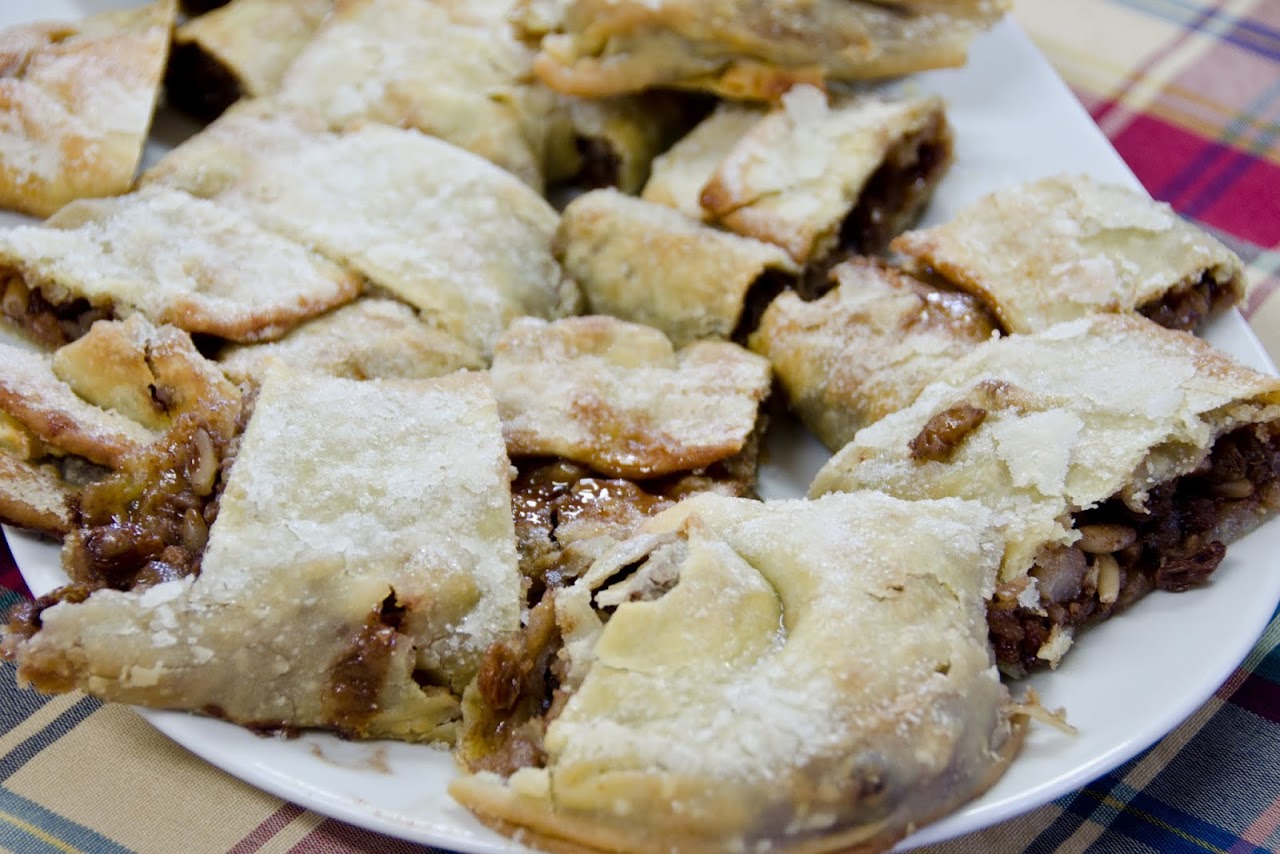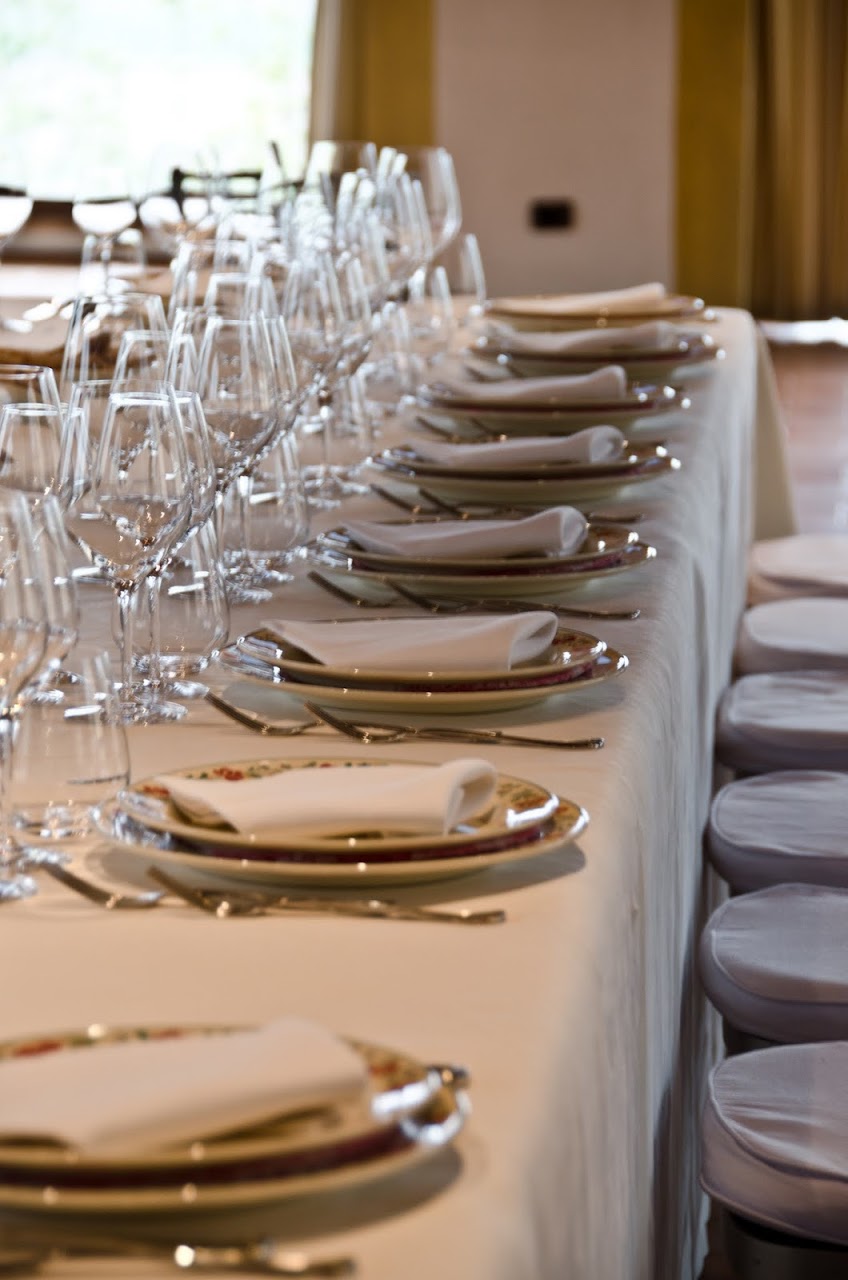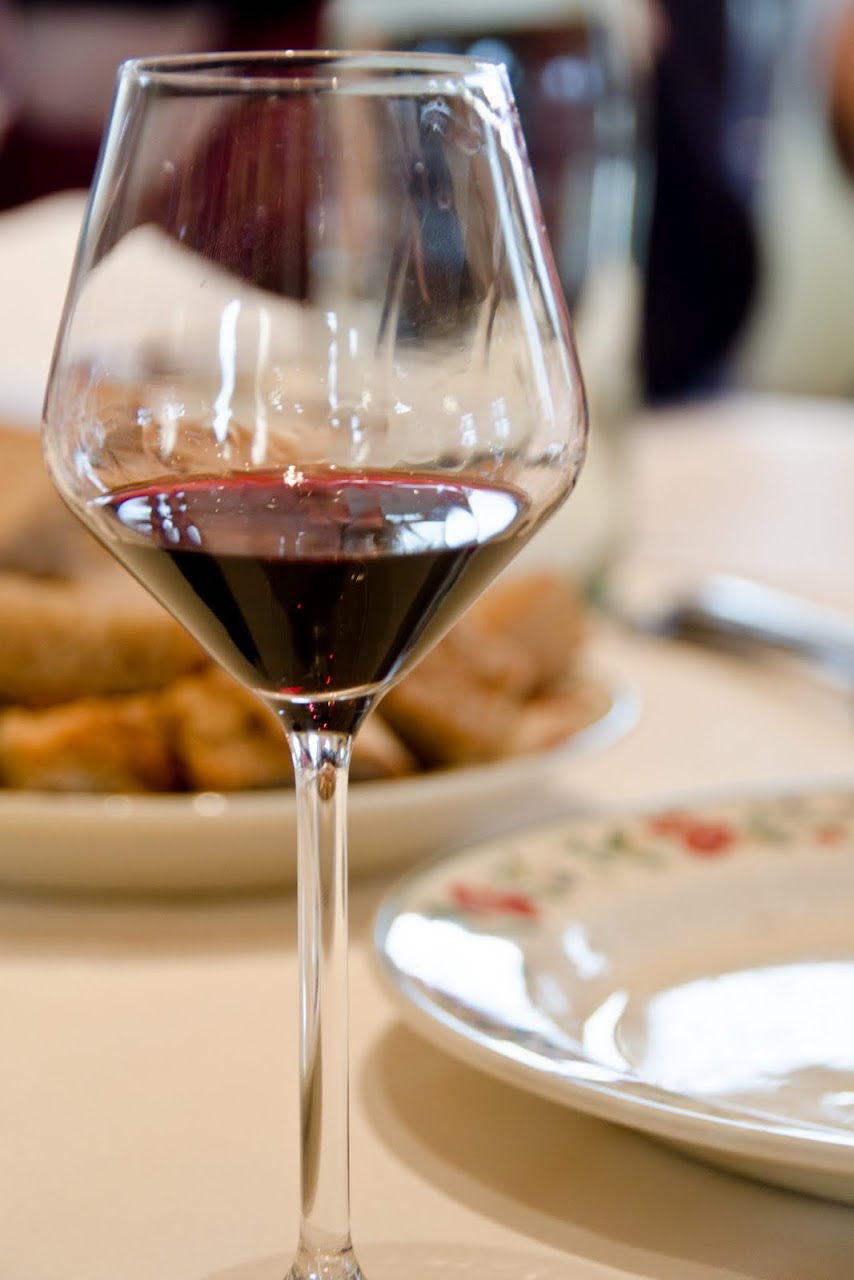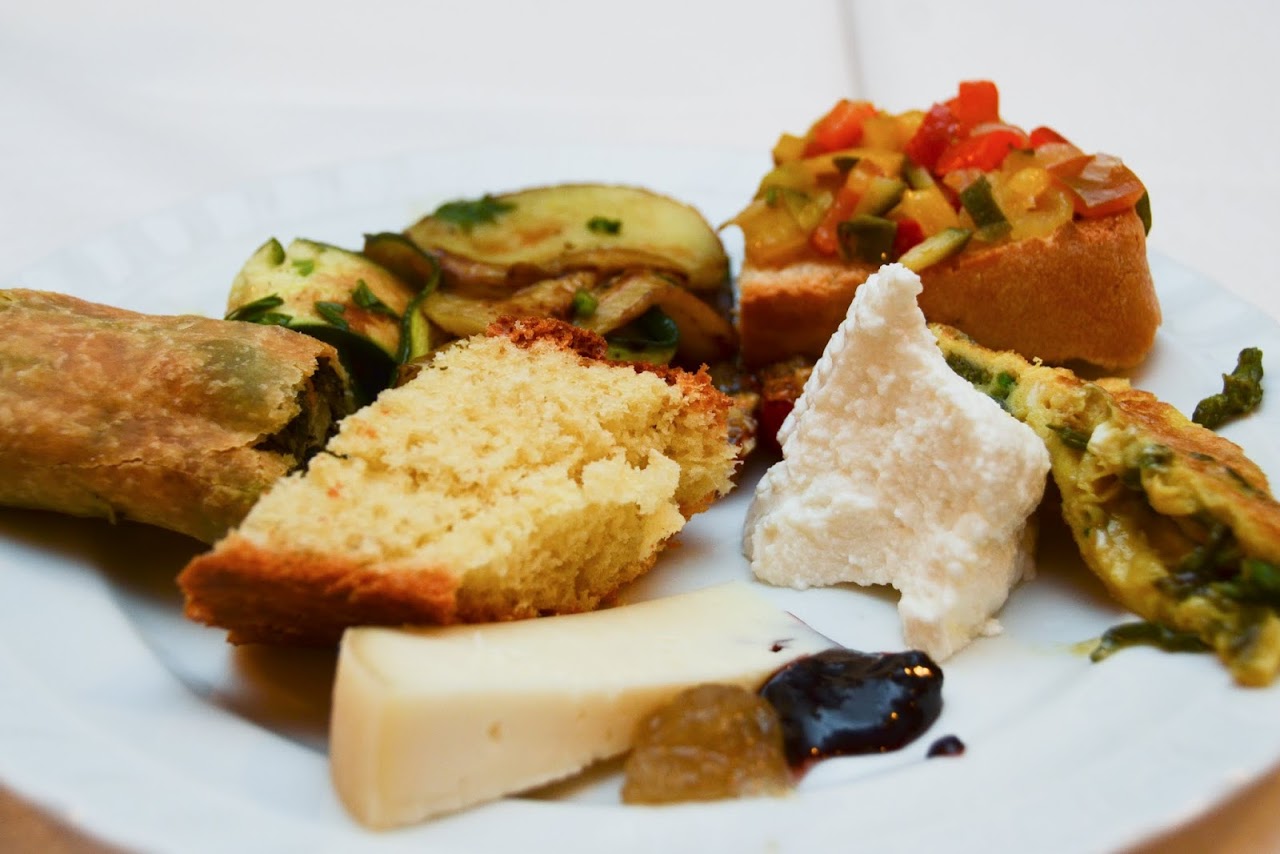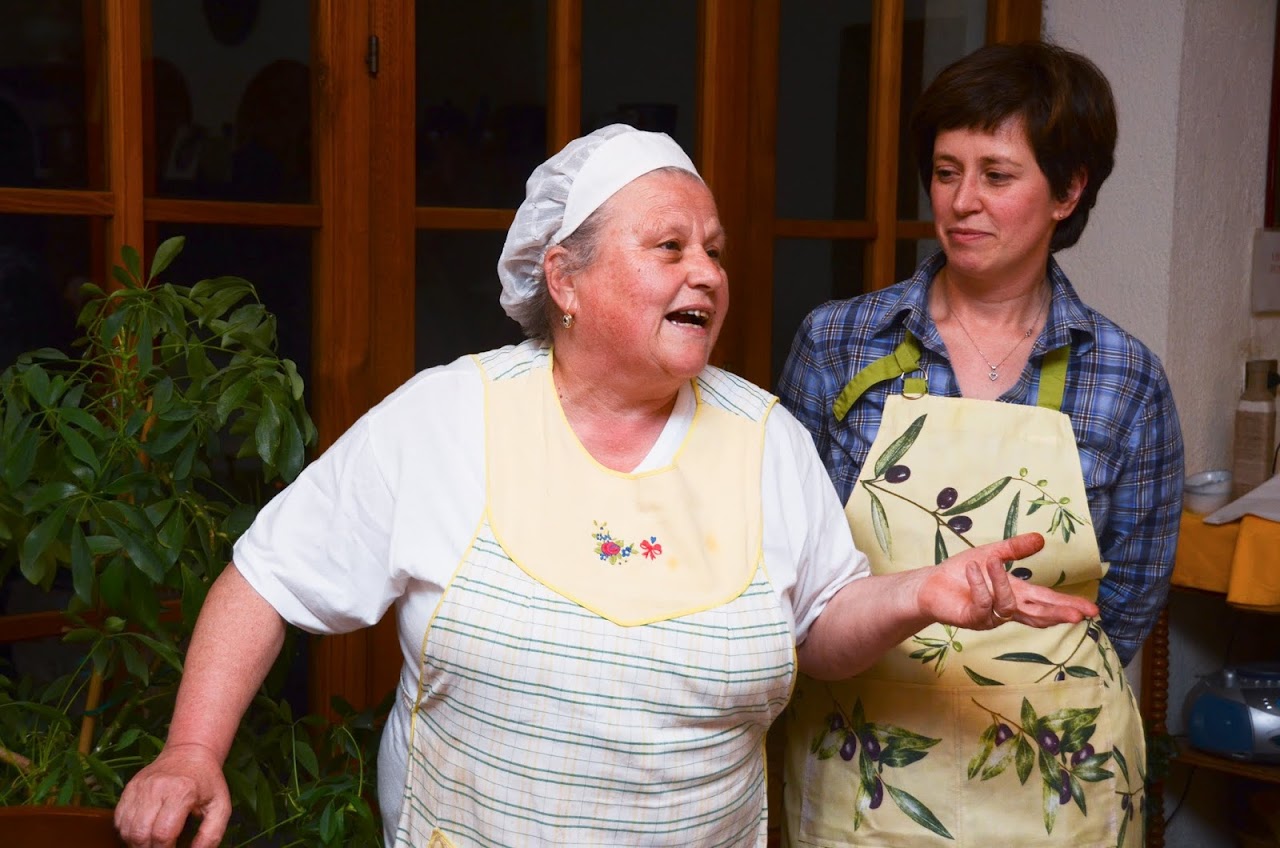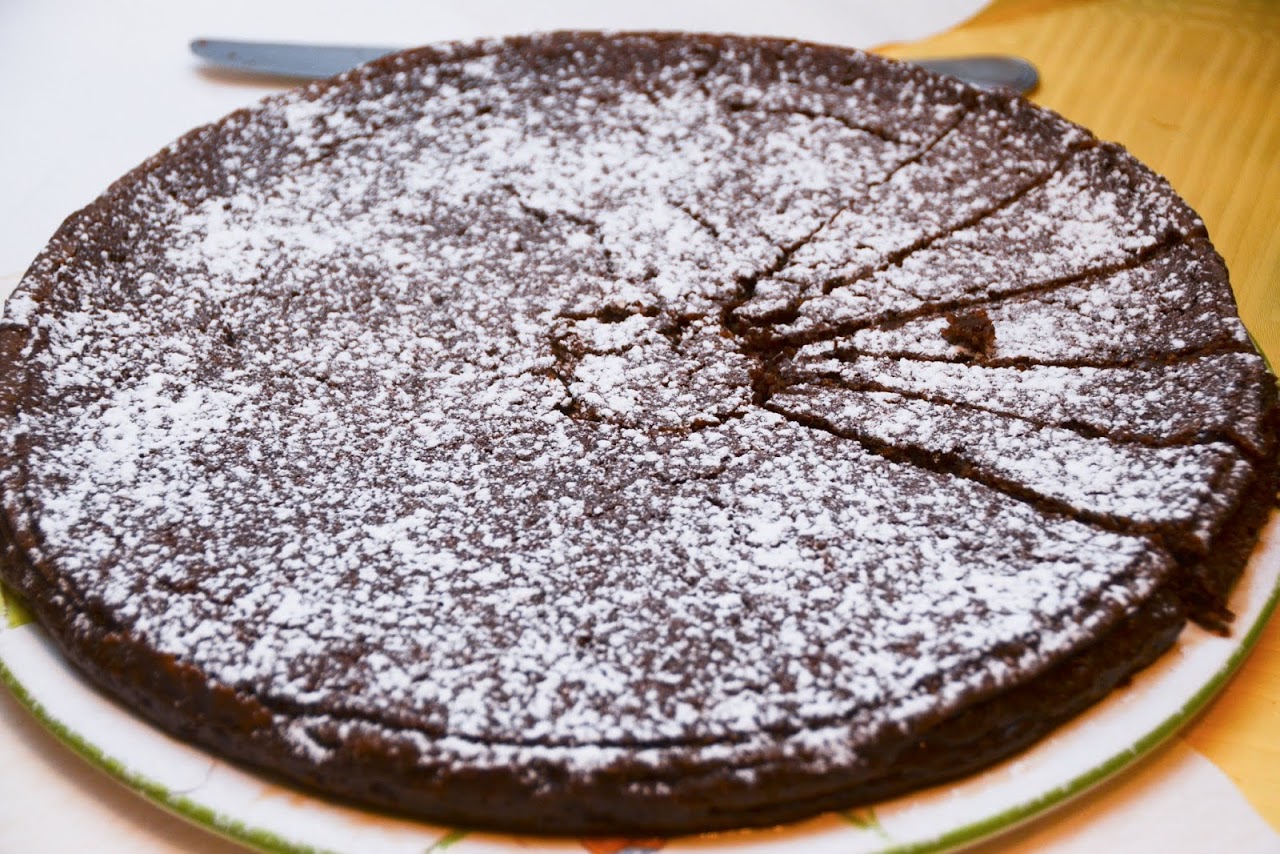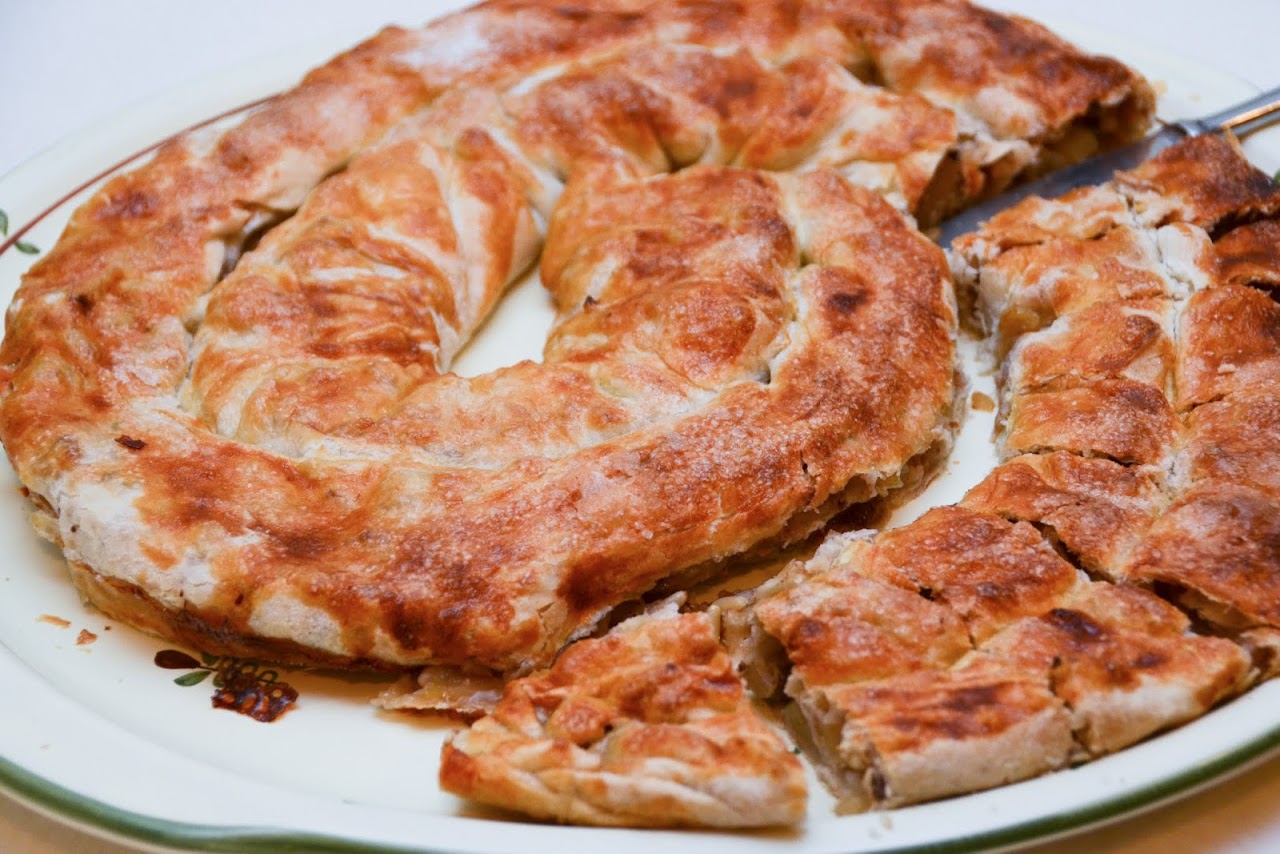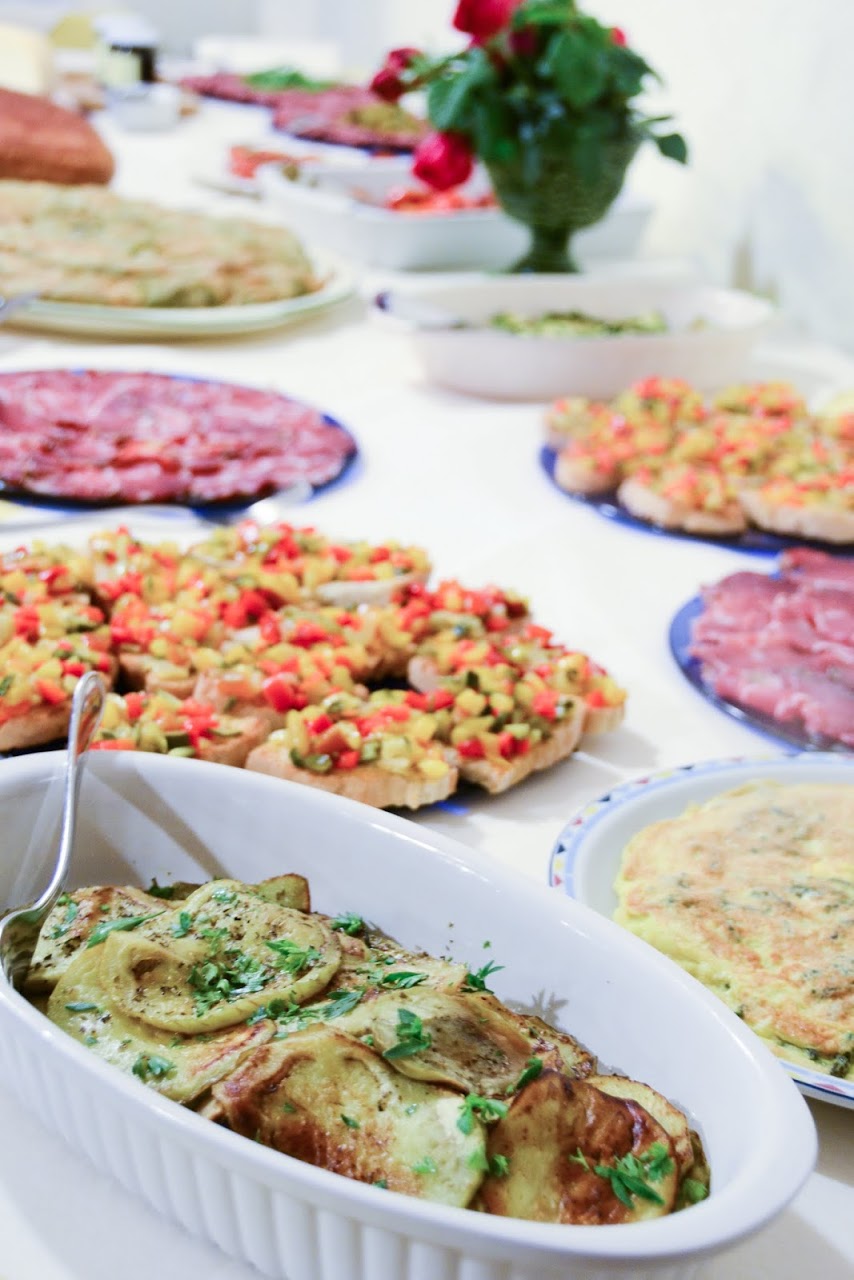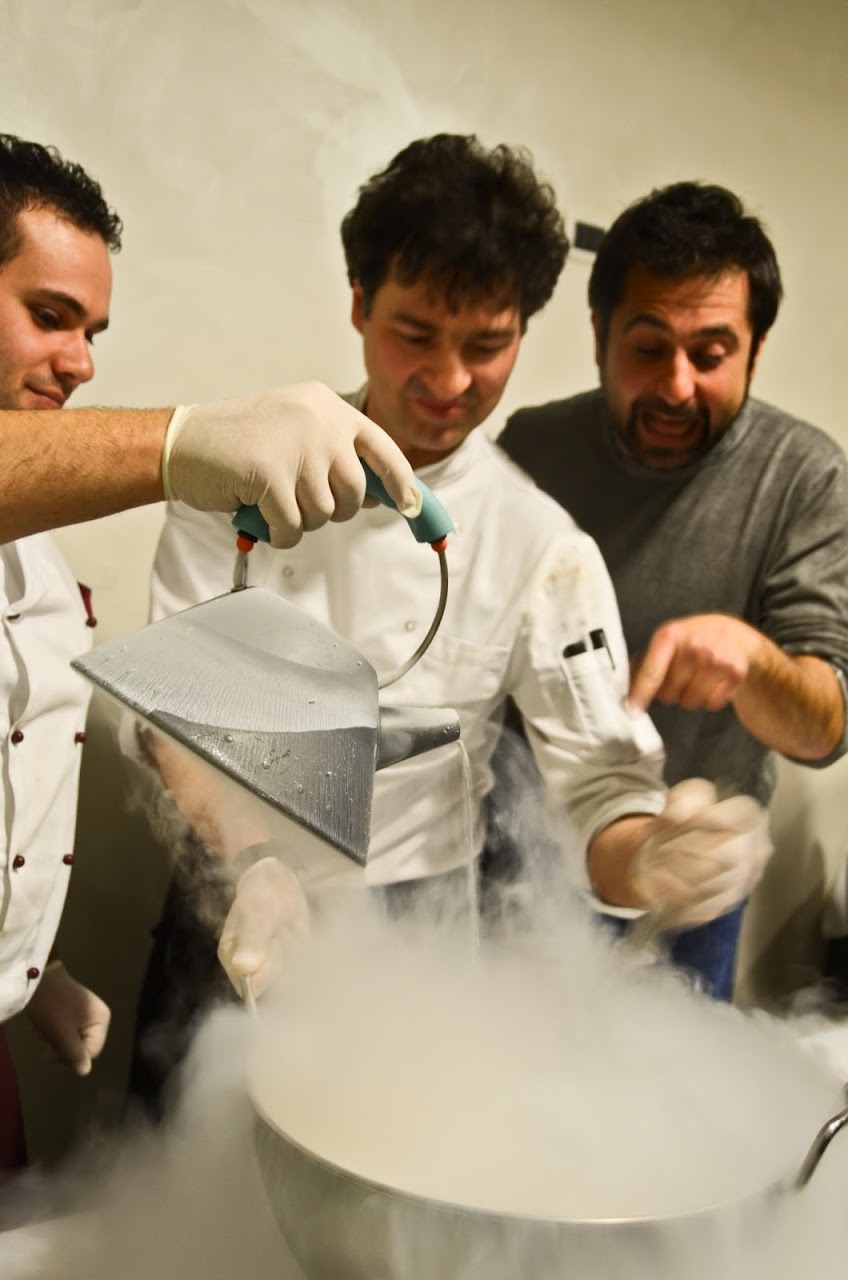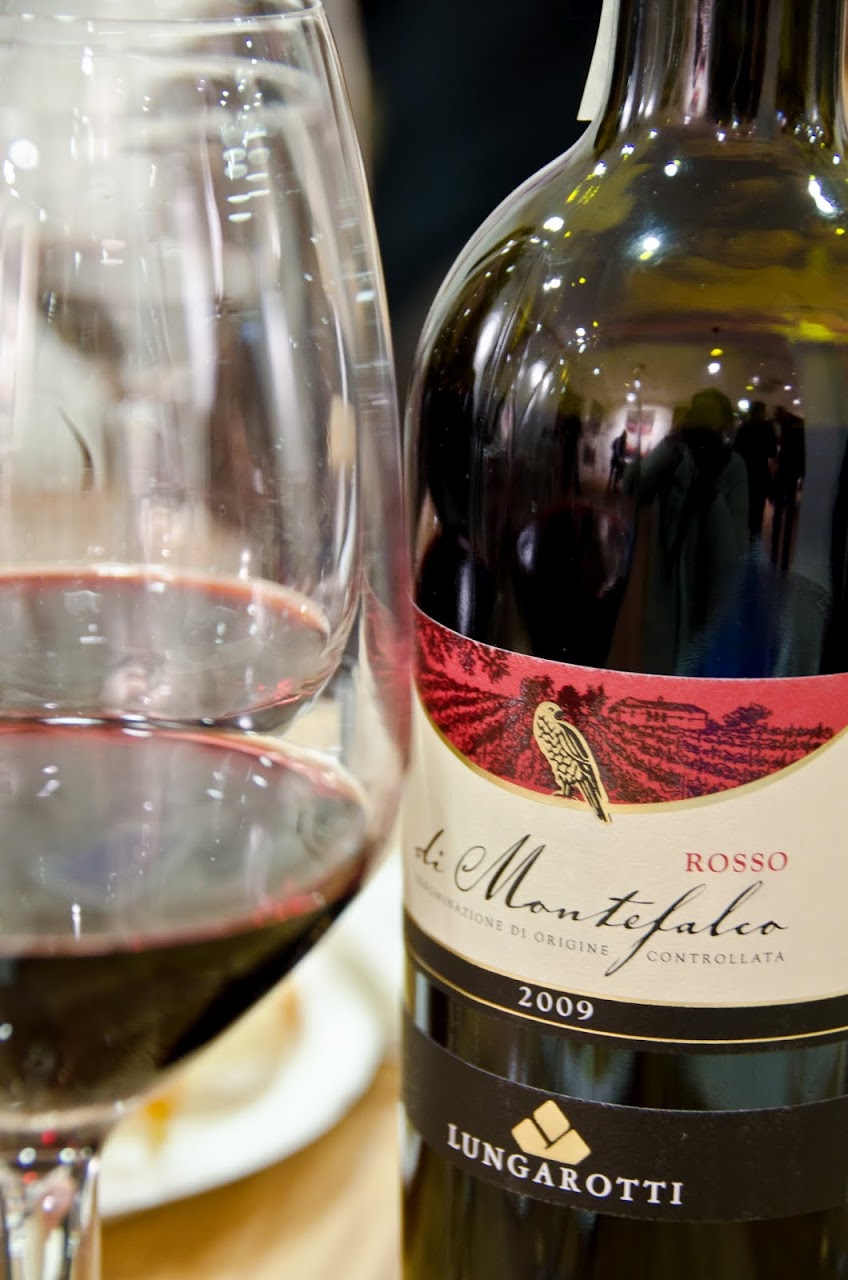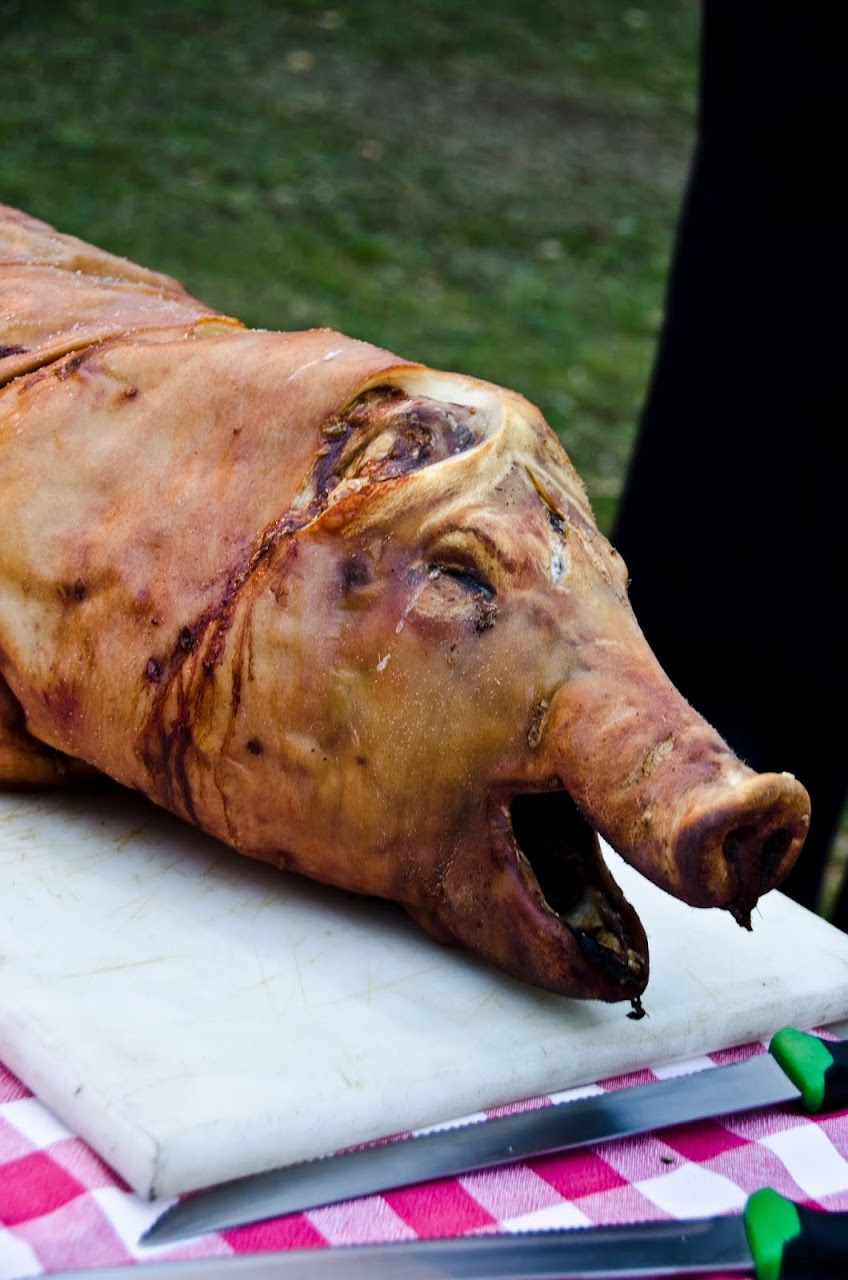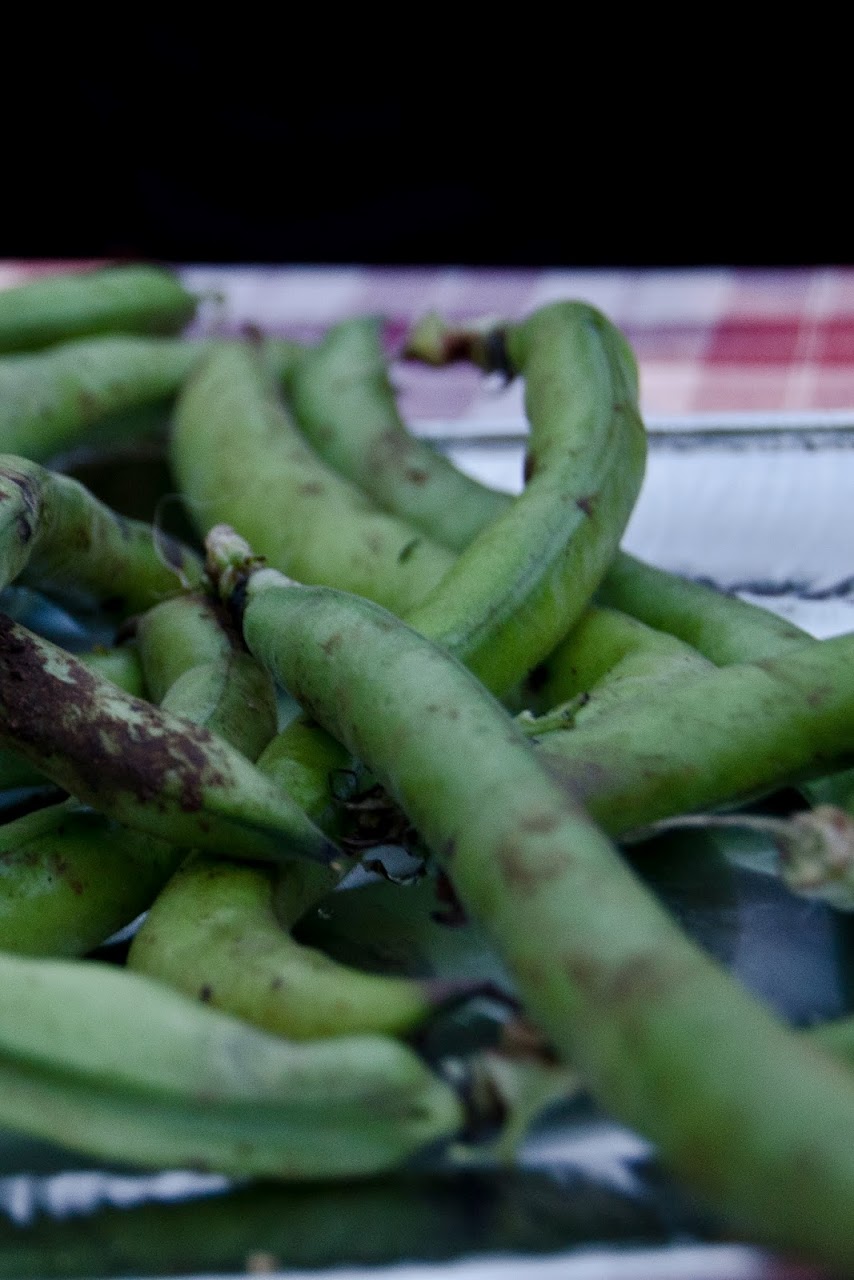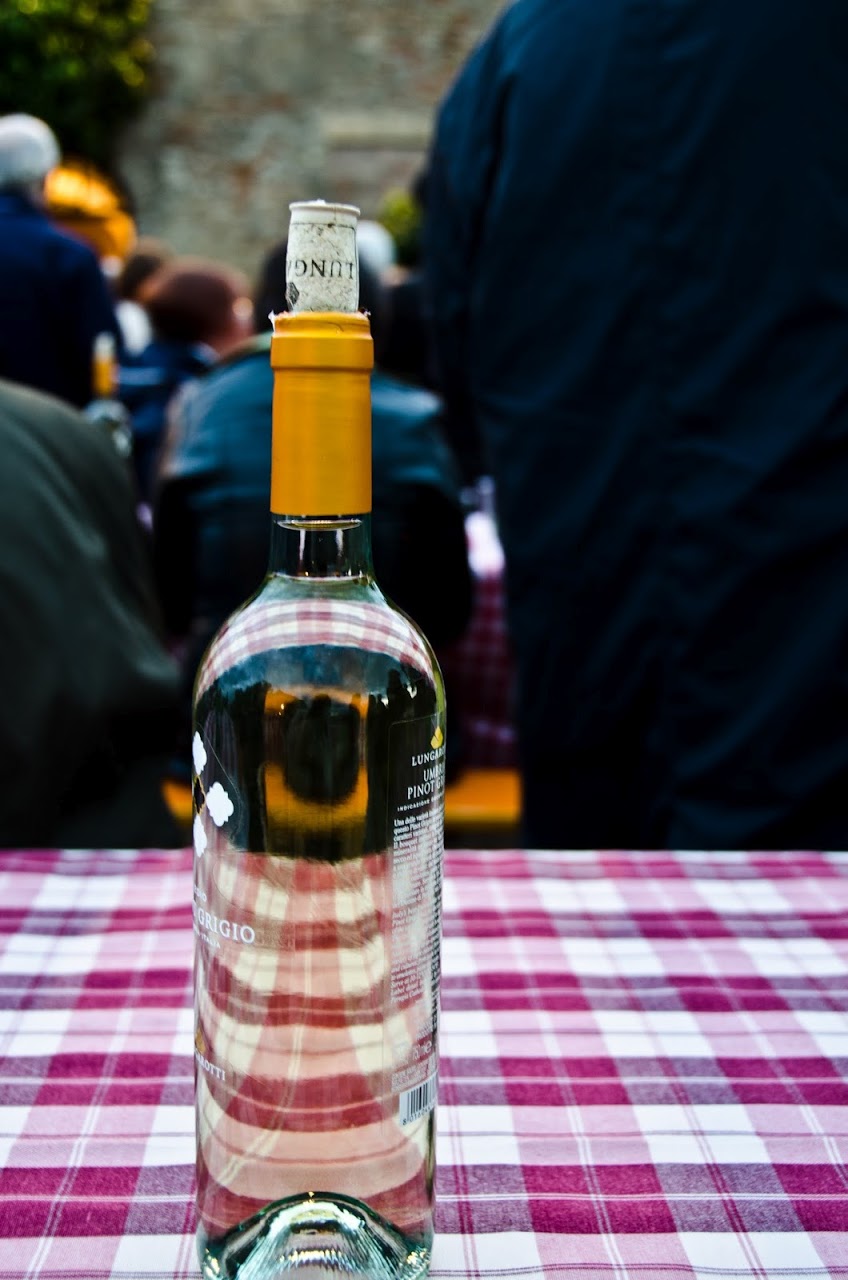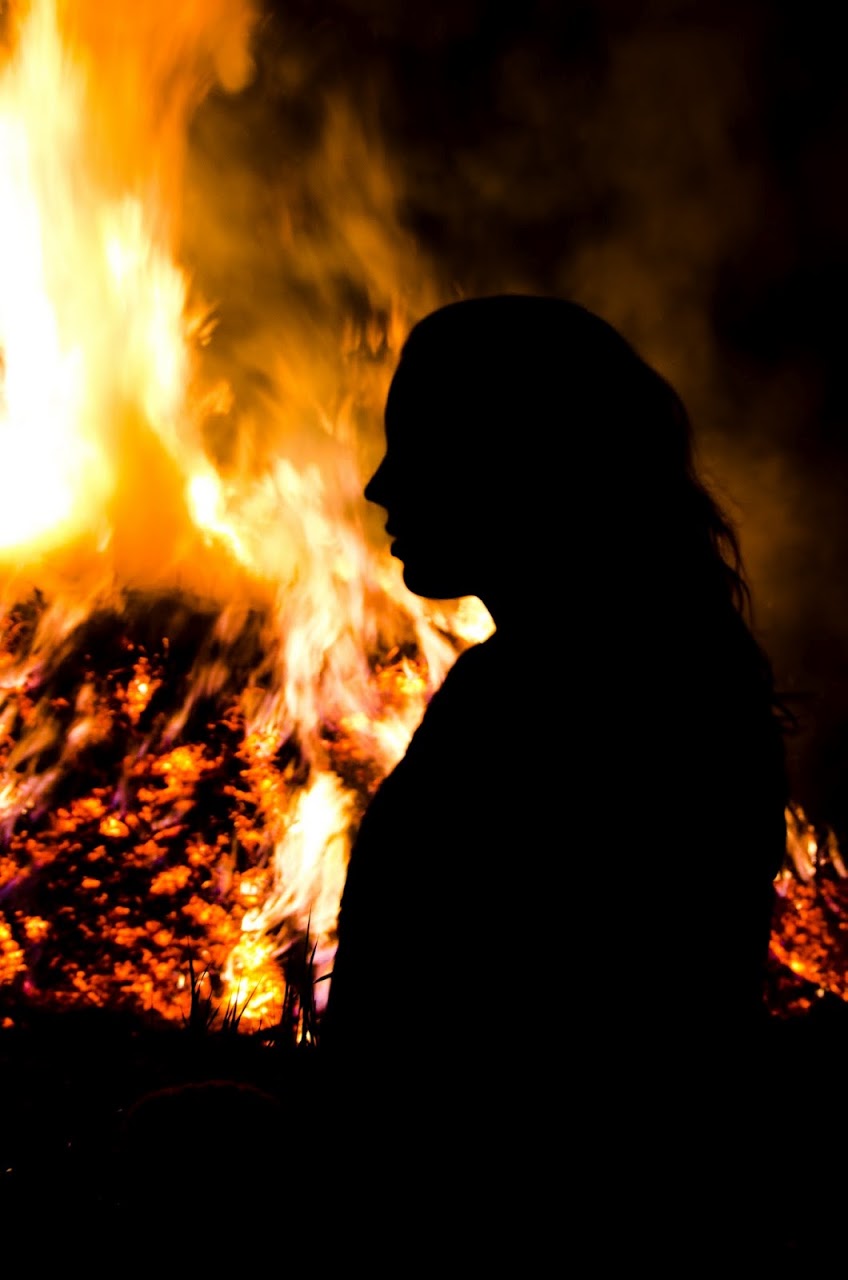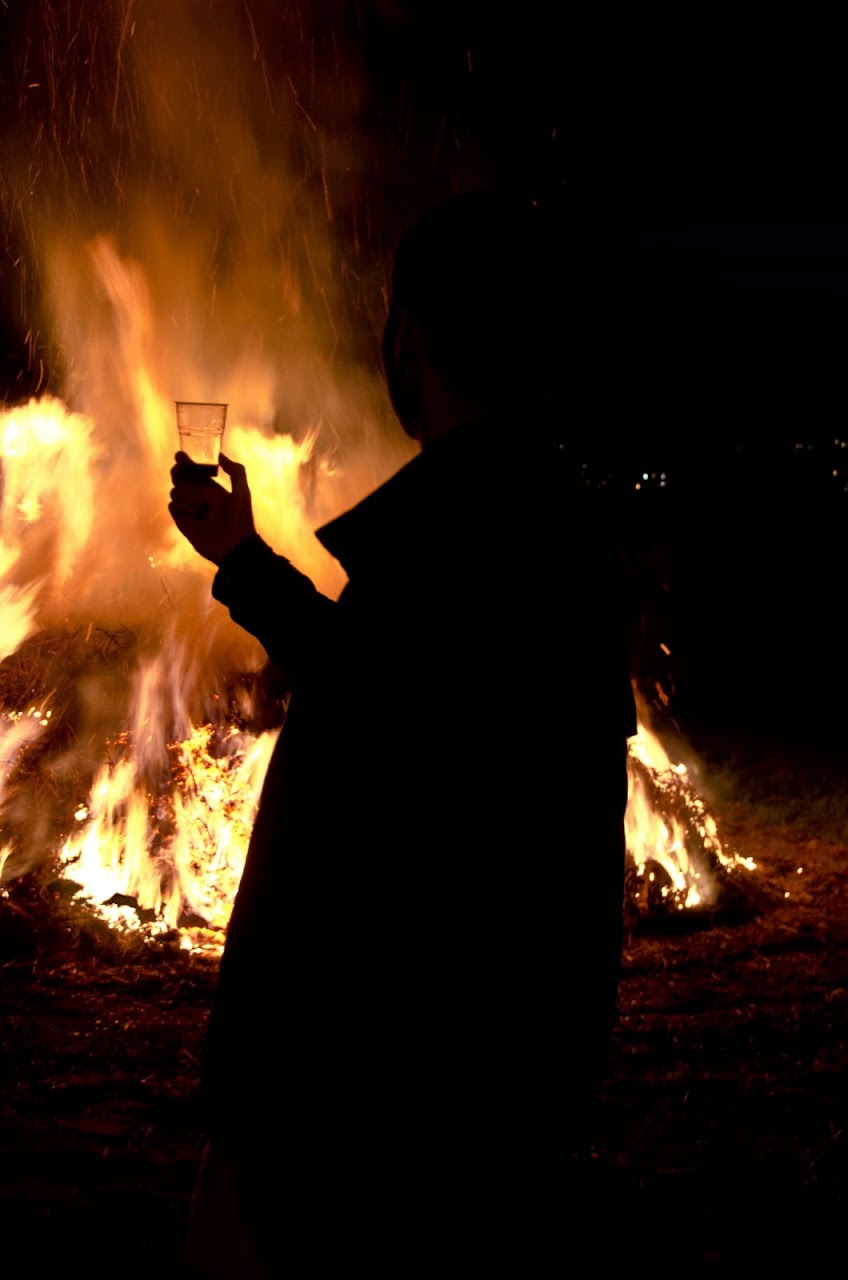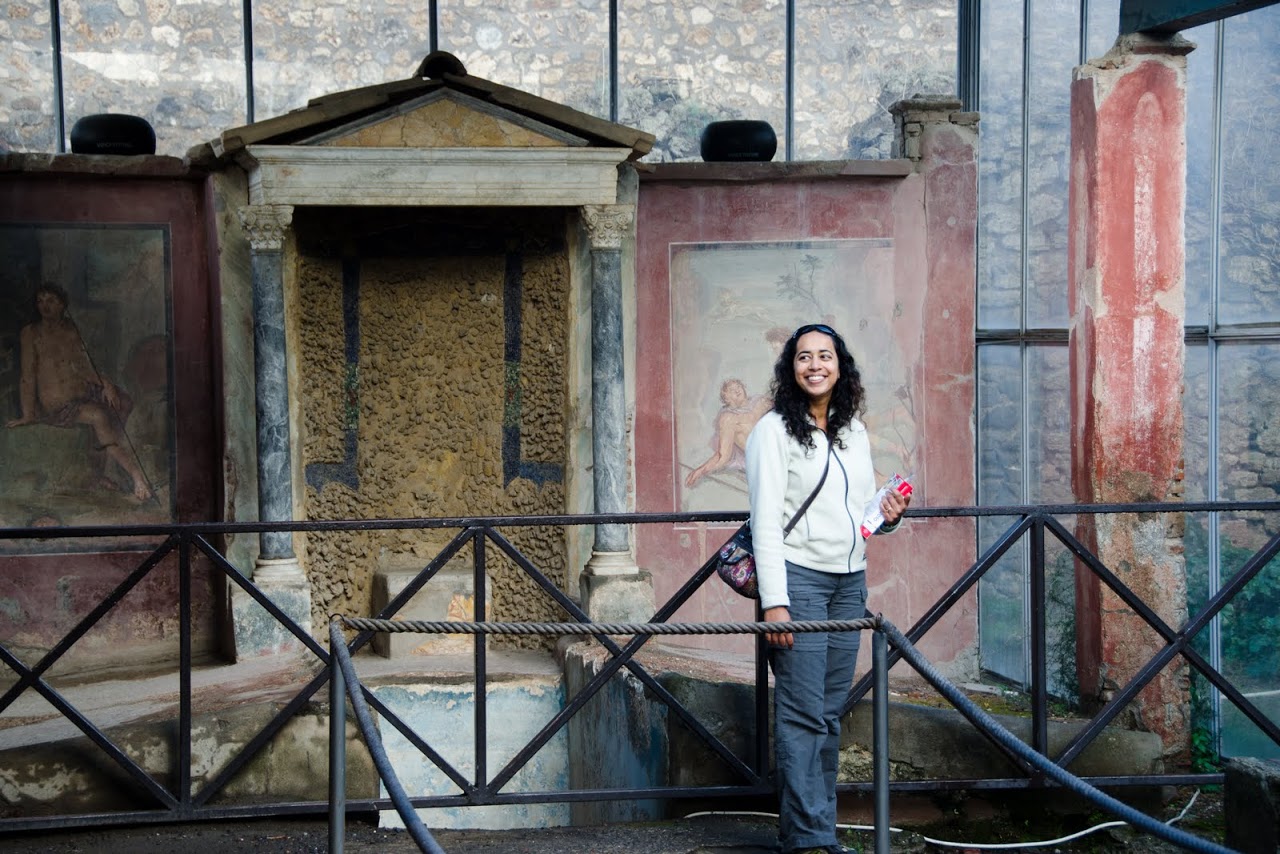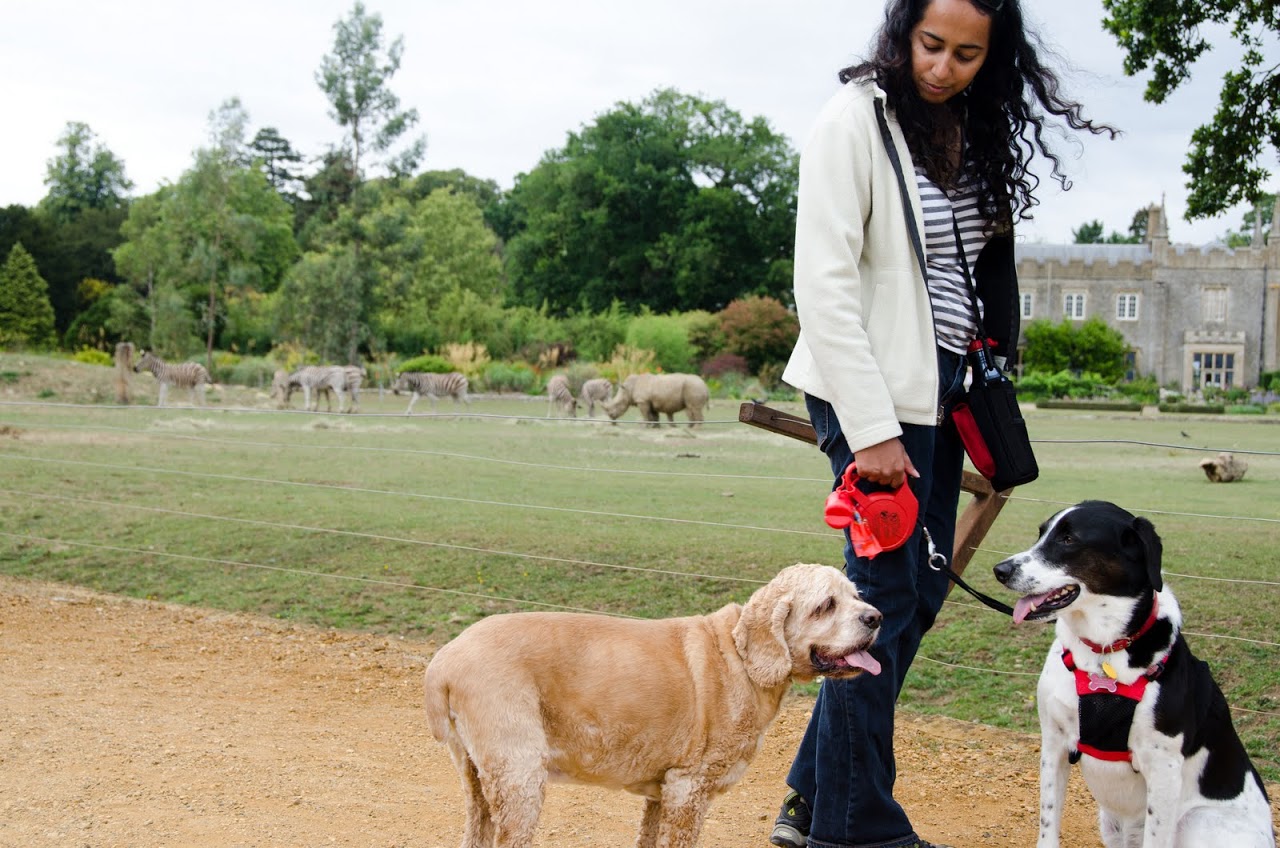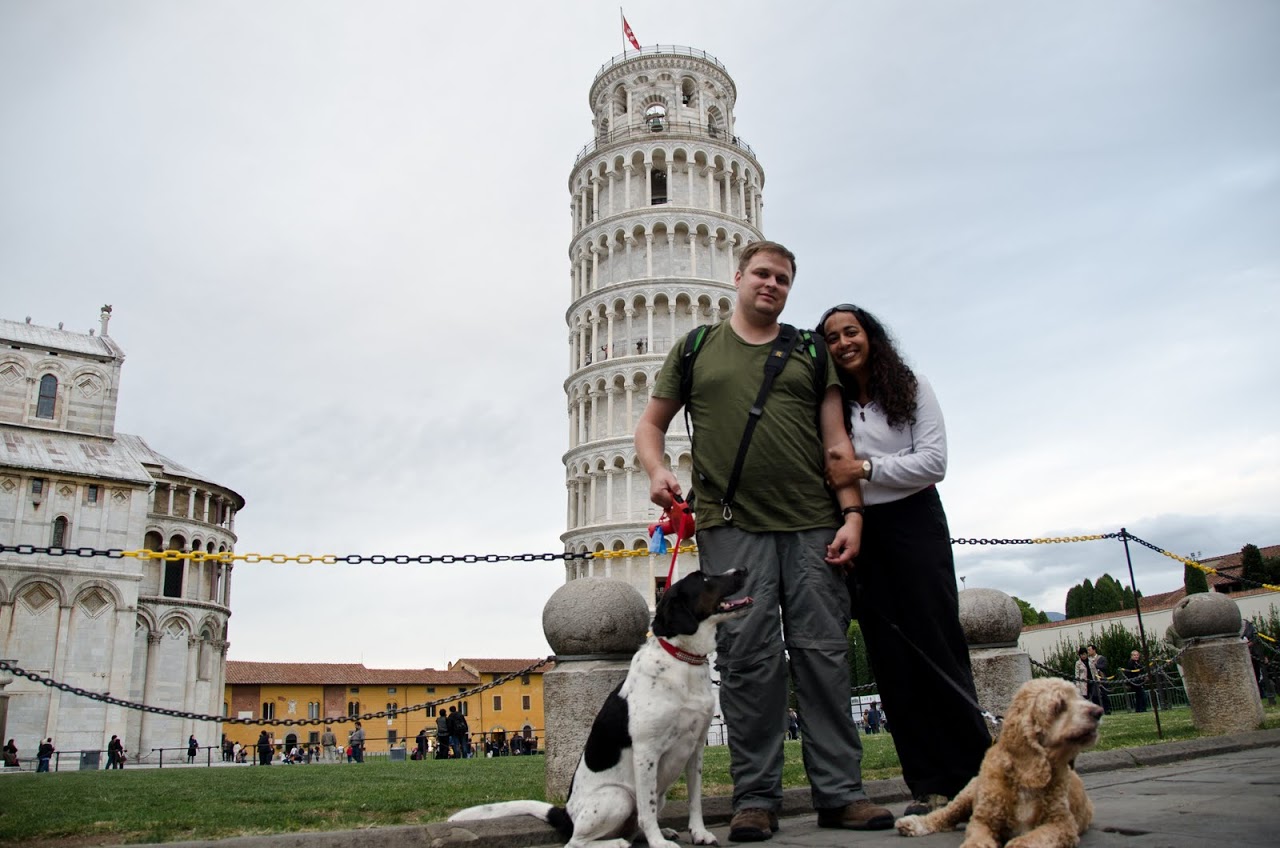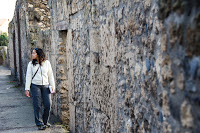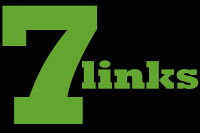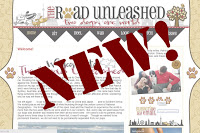*I don't talk about the business side of blogging much mainly because there are a lot of other folks doing a great job thinking about professional travel blogging, it's very inside baseball (and I don't even like baseball), and I don't want to bore you guys with the very unglamorous side of this travel lifestyle. So, if you aren't a travel blogger and can't imagine why anybody would want to turn this into a business, I highly suggest that you check out our recent posts on gorgeous Prague and Pompeii . But, if you're in the biz, or someone curious about what I’m doing when I go on “sponsored trips,” or a newbie travel blogger, maybe you'll find this ridiculously long-winded post interesting.
There’s been a lot of noise in the last few months about travel blogging and ethics: namely, is it appropriate for travel bloggers to take sponsorships and paid press trips and write about these products and destinations? Aren’t bloggers obviously biased if they receive a press trip in which they are wined and dined by a specific destination? How can a blogger write objectively about such destination? And, how can a reader/consumer of blogs know when a blog is “real”? (See the following articles that generally discuss this topic: this article from BBC/Skift , a recent newsletter from Bootsnall (which I can't link to), this article from TNooz that describes the new FTC guidelines requires bloggers to disclose sponsorships in their tweets , and the recent FTC guidance itself that basically tells bloggers that we must plaster disclosures all over the place if we want to accept sponsorships.
(Side note: I'm not even going to get into the discussion of whether or not the FTC Guidance is fair or unfair and how traditional print journalists may accept press trips and don't have to disclose that press trip in their magazine article. The FTC Guidance is a post/vent for another day. And, yes, I am a totally nerdy lawyer and have read the whole guidance multiple times, parsed through it, and am still thoroughly and completely irritated by it.)
The ethics of sponsorships is something that I’ve been wrestling with in my own blogging because I’ve been getting increasingly more sponsorship offers and more pressure from sponsors to portray them in a positive light. And, I’ve been mulling --- a lot --- about what sponsorships and sponsored travel means for The Road Forks, me, and you.
Why talk about travel blogging ethics now?
Simply put, travel blogging has become huge. I began blogging five years ago --- around the same time that a lot of the biggest players in travel blogging began their blogs, such as Adventurous Kate , The Planet D , and Twenty-Something Travel. At that time, destinations and companies were just beginning to think about working with travel bloggers.
Blogging, itself, was a vague notion. Patrick and I were in South Africa on one of our first sponsored trips --- which we had cultivated by directly communicating with the company --- and someone asked me to describe a “blog.” Before I could answer, someone else responded, “Oh, basically, it’s an online diary.” Why would a company or destination want to work with a bunch of people spilling their guts in online diaries? At that time, we weren’t even on the map. Heck, we couldn’t even see the map with the "real travel journalists" in the way.
Now, there's no comparison. When Travel Bloggers Exchange (TBEX) had its first conference in 2009, a modest 150 people showed up in Chicago at the end of the much bigger Blogher. Last year, there were four different conferences aimed solely toward travel bloggers hosted by three different entities across Europe and the United States with between 300 to 1,200 people at each conference.
Gary Arndt started a small Facebook group of travel bloggers around 2009 --- there were about 200 or so of us who chatted about random blogging stats, SEO, and industry issues. Now, I'm one of the administrators of that group and there are 3,000+ travel bloggers and more joining every day.
And, now, companies are falling hand over feet backwards to work with bloggers. I get offers nearly every day asking me to check out the newest product, app, book, hotel, restaurant, or destination. At ITB Berlin (a travel industry conference), travel bloggers became coveted and sought after , with specific events tailored to help destinations and areas meet travel bloggers.
(And, yes, I totally feel like the curmudgeonly old codger fondly recalling the good old days. But, hey, that's what it's like in this business. A year on the Internets is like ten years in the real world.)
As our industry grew, so did the avenues for cash. Bloggers became entrepreneurs --- because we had to --- because that's the way to make money. ( Go check out Kristin's amazing post on the need for entrepreneurism in travel writing/blogging .) Blogging friends of mine are writing books , becoming brand ambassadors , developing conferences , and speaking at conferences . And, we're getting respect. We're no longer considered itinerant diarists (though, of course, sometimes we are) and amateurs. There's a Professional Travel Bloggers Association , now, but the surest sign of the times: this year, three of the eleven National Geographic Travelers of the Year are travel bloggers and five of the winners of the Society of American Travel Writers' awards are bloggers .
But, with great power comes great responsibility. Or, something like that.
Why do travel bloggers matter? Why are destinations sending travel bloggers on press trips?
The explosion of travel blogging as a serious respected avenue for travel writing is still very much a work in progress. Take, for example, this article from Skift/BBC which says, "The problem [of bloggers getting free press trips] stems not from freebies, per se. It stems from the disconnect between how travel bloggers position themselves as influencers of consumers. They are not. Their audience is a fraction of a sliver of a minuscule, but they make lots of noise. On a good day, travel bloggers are marketers, and their audience is an echo chamber of equal-minded travel bloggers."
Here's what I know from my own work as a blogger: yes, there is a lot of this echo chamber issue in the travel blogging world, but I'd argue the same problem in any industry. When I was a law student, I worked on a highly respected law journal: in it, academics talked to other academics. When I was a lawyer, I went to numerous conferences where attorneys were talking to other attorneys and complaining about issues that, of course, no attorney could resolve because we were all part of the problem. Judges mostly talk to other judges. Doctors talk to doctors. And, as we've recently discovered with the whole government shutdown, politicians seem to talk only to other politicians (and, they're not even doing a great job of that).
It's what we as a society do. We talk to those who understand our industry the best.
Though bloggers do make a lot of noise, I'd argue that we are more influential than the Skift article posits. No, we don't have the numbers of a Lonely Planet or a Frommers. But, we have something that they don't: we have accessible personalities. If people have questions, they can contact us. If people have issues at a destination, they can talk directly to us to get our advice. We are here. We're available.
For example, check out my article on how to decide whether or not a Japan Rail Pass is worth the expense . I wrote up this post way back in 2010 because it was an issue that I had spent a lot of time thinking about and worrying about and I wanted to help out other travelers. The post has over 175 comments on it and, even now, I get at least one email a week from someone looking for Japan Rail Pass help, not to mention that it's one of the lead search results that sends people to my site.
Of course, the average non-blogging traveler could go to Lonely Planet or even to the JR Pass website and read up about the Japan Rail Pass system. But, I can provide something that neither a guidebook nor a static website can provide: personalized help. When people contact me, they don't address me as "Dear Sir/Madam" (well, unless they're a spammer, in which case they're equally likely to refer to me as Dear Mr. Patkila). They address me as "Akila" because that's who I am. The reason people ask me questions is because they know that I'll give them an answer to the best of my ability. And, if I don't, they can hold me accountable (at least to a certain extent) because I am a real person and this is my blog.
That's the value a destination gets from sending bloggers on press trips. No, we don't have the numbers of Conde Nast or National Geographic. But, we have directly accessible personalities. If someone reads about Namibia on my blog and they think this sounds like a great destination, they can email me or leave a comment and I'll get back in touch with them and help them sort out a trip to the best of my abilities. And, those directly accessible personalities result in a pretty good return on investment for the destination.
How do you define a sponsorship?
A few years back, I would have told you that a sponsorship was a "free trip." Or a free item. In fact, Matt Kepnes of the huge Nomadic Matt wrote this great article on why he would keep taking free "press trips" and "free stuff" back in 2009.
But, if you ask us now, few bloggers will call a press trip "free." Here's what we've learned in the intervening years:
- DMOs (direct marketing organizations) and destinations demand a lot when on a press trip. The pace is hurried and we're often writing blog posts, tweeting, Facebooking, and Instagramming on mediocre internet on buses as we run from one destination to the next. We work a lot on a press trip, in the same way that I used to work a lot on business trips as an attorney. A press trip is a business trip, albeit a fun business trip in an exotic locale.
- Usually, we're not getting paid beyond the services provided by the DMO (i.e., lodging, food, etc.). Now, this isn't always true. There are some bloggers who make a salary from the organizations that they endorse, in effect acting as celebrity endorsers for a particular brand, in the same way that Lebron makes money from Nike (though, I can tell you that noone's getting super rich as a travel blogger). But, that's the exception. Most of us take press trips during our vacation time from our other paying gigs. If we're professional bloggers or writers, the time that we are at a press trip is time spent not writing or pitching on other projects. It's the loss of income and opportunity.
- DMOs and destinations are starting to wise up to the fact that press trips aren't free. In the last two years, I've started getting W-2s from organizations from whom I've received a press trip, meaning that I'm making "income" from these companies that I need to report to the IRS, even though that "income" may be in the form of lodging, dining, and air tickets, rather than cold hard cash.
All this goes back to the original question: how do you define a sponsorship? I define a sponsorship as an arrangement in which I provide writing, photography, and linking services through my blog in exchange for a certain product or set of products. A sponsorship is a bartering system. Instead of providing cash for my services, the destination/product manufacturers are trading goods/products for my services.
And, that raises lots of questions: how can I accept goods or services from a company and then be honest in my writing about that company? Isn't there an inherent conflict of interest if I'm getting "income" from X destination?
Why does honesty matter in travel blogging?
Many non-travel bloggers have assumed that it's not possible to go on a press trip and still write honestly about the product/destination. It's the reason that the FTC has come down so hard on bloggers, requiring in their most recent guidance, that bloggers directly state that a review, blog post, or tweet about a particular topic was sponsored.
It's the reason that Sean Keener wrote in his recent Bootsnall newsletter (which is, in part, what prompted this whole blog post) that, "Many popular travel bloggers are given free trips (often called press trips) or in some cases are even paid to go to a destination, hotel, hostel, etc. The blogger will often use this disclaimer: 'This trip/hotel/hostel/etc. was paid for by XXXXX, but the opinions are my own.' Really? I call Bull-shitake. Let's think about this for a minute. If that blogger paid for that exact same trip with their own coin, would the content be the same? Quite simply - No...it wouldn't."
Let me turn this around: why is it assumed that bloggers can't be honest about a press trip? Why is it assumed that we will automatically give glowing reviews of a product because it was given to us to review?
Personally, I didn't start getting sponsorships and offers for product reviews until I was already well-established as a blogger. I'd been writing for a year or longer, had a decent sized social media presence, and was active in the travel blogging community. I got sponsorships because I already had credibility with my readers.
Credibility is critical in this industry. In fact, I'd say that you can scrap everything else: the quality of writing, the quality of photography, the quality of your web design, and, if you can be seen as a credible authority, you will succeed as a blogger.
Though not a blogger, Paula Deen is a perfect example of this. She was a respected and credible authority on Southern cuisine. She reminded all of us of our fondly indulgent grandmothers, who lived in a time when butter was considered a health food. I've made her recipes before and I've eaten at her restaurant : I'm telling you, people, that she wasn't that great of a Southern cook. But, people loved her because she was so honest and cute and round and full of buttery fun! Then, all of a sudden, people found out that she had used racist terms. She stopped reminding of us of our kindly grandmothers and started reminding us of those bigoted Southerners that every other Southerner would rather not know. She lost her credibility and, in doing so, lost her TV shows and endorsement deals.
Now, there isn't a single travel blogger who is as famous as Paula Deen. But, we, too, have reputations to uphold. If you have been doing this travel blogging thing long enough to have developed a credible reputation that will earn you sponsorships, then you've probably worked pretty hard to develop such credibility.
And, it's that credibility that's getting you sponsorships and making you money.
In fact, Technorati recently concluded in its Digital Marketing report this exact same point: blogs are the fourth most influential online source for people making consumer decisions, behind retail sites and brand sites and the fifth most trusted source of information on the Internet. (Note that consumers prefer blogs as a source of information over news sites and online magazines. The King is dead. Long live the King.) And smaller communities actually drive purchases over larger bloggers because people believe that smaller communities have greater influence.
People trust bloggers because they think that we are credible sources of information.
How much is your credibility worth?
So, really, when you look at this whole big question about whether bloggers should accept press trips and sponsored gear, the question boils down to this: how much is your credibility worth?
My credibility is worth a lot to me. I've worked hard to build a credible reputation as a blogger. I've worked hard to build credibility in the travel industry. Why would I screw up that credibility by creating content that only favors a sponsor?
Our job --- or, at least, my job --- as a travel blogger is to write and be responsive to my readership. Not to any sponsor. Writing for sponsors isn't a sustainable business model.
Sponsors come and go. Readers last
I think there's also a quantity issue: if you, as a blogger, take on too many sponsorships, people may assume that you're just a corporate shill. Unlike a faceless guidebook entity, we bloggers are our brand. As Nora Dunn eloquently put it , "out-of-sight/out-of-mind is a real problem in the ever-changing blogging industry." I think that's part of the reason that The Pioneer Woman is so successful. Even though she has many, many, many sponsors, she is always the face of her blog and always writes her personal stories on her "confessions" section. She never loses sight of the fact that she is her brand.
I get over a hundred offers for sponsorship a year --- for gear, apps, websites, books, hotels, restaurants, cooking classes, tours, and destinations. Of that hundred, I accept less than 5 to take on as sponsors. Why? Because, frankly put, a whole lot of the stuff being put out there is terrible and I don't want to be associated with terrible stuff. Of the five that I take on, I'd say that I have a bad or a middling experience with one. And, I write about why I didn't like it.
How do we keep ourselves ethical? How do we deal with sponsors who provide us with bad products?
Not every press trip is full of puppies and rainbows. In one of the more famous examples, Kate McCulley was shipwrecked on a sponsored trip. She wrote about it scathingly on her blog and warned people to never ever use that company again and Lonely Planet quoted her experience in their newest guidebook. Just to be clear: Lonely Planet --- an independent guidebook --- used a blogger's perspective of a sponsored tour in their newest book. Why? Because Kate was honest about the whole thing. She kept her credibility.
Sadly, as more press trips have been coming in, companies have started asking me to sign contracts agreeing that I will only "write positive reviews." I say no and I email them a copy of the FTC guidance.
But, it scares me that there are bloggers who are unthinkingly or unknowingly signing contracts like these. And, in a Facebook group discussion about this concept, several bloggers mentioned that they feel like they have to write positive reviews in order to satisfy their sponsors.
That just makes me sad.
Our credibility is worth more than a few press trips and free gear.
At TBU Porto, I gave a presentation on Legal Issues for Bloggers and asked the audience to raise their hand if they wrote contracts with their sponsors. Not a single person raised their hand (granted, it was a pretty small audience but even still.) .
I write contracts with every single one of my sponsors (or, at minimum, I write an email laying out what each party will be providing). The contract includes the following information:
- what I am receiving from the company with the retail value of the product or press trip
- what I am offering, including the number of blog posts and whether or not I will be providing videos and posts via other social networking mediums (i.e., Facebook, Twitter, Google+, Pinterest)
- the date by which such posts will be up
- a statement that all posts by me will be completely and utterly unbiased with a disclosure made in accordance with the FTC Guidance, with the warning that I may write a negative review about their product, and I will notify them beforehand if I plan to write such a negative revview
I can't even count how many times I've seen people ask "how do I deal with a bad press trip/sponsor" after the press trip or sponsorship. After the fact, it's too late. This is a possibility that should be dealt with up front, before any product or value is exchanged. (And, if you're a blogger and curious, I hoped to run a session on this topic last year at TBEX but Amara was only two months old at the time so I couldn't go. I hope that I'll be able to run a session on contracting with sponsors at a later point. Maybe next year?)
Where does that leave me and The Road Forks?
If you've made it through the last 3,000 words, bravo! Have a cookie.
Where does this leave me? Pretty much in the same place that I've always been. I accept very few sponsorships every year with brands that I believe align with our core ideals --- promoting delicious, fun, and sustainable travel with companies that care about this good world. I'd say that we pay for 95% of our travel and gear and perhaps 5% is sponsored. I write contracts with those sponsors to ensure that my reviews are always 100% unbiased and independent, regardless of the sponsorships. I keep a cordial relationship with my sponsors but, ultimately, my focus is on being honest and dependable to my readers.
Matt Kepnes recently talked about why very few travel bloggers succeed: that it's because few of us develop our blogs as a business with a business strategy. I've always been honest about the fact that I don't want to be a professional travel blogger and I treat my blog as a semi-business .
It's for that reason that I don't think I will be ever considered a popular travel blogger. But, I do consider myself to be a credible one. And, I'd like to keep it that way.




